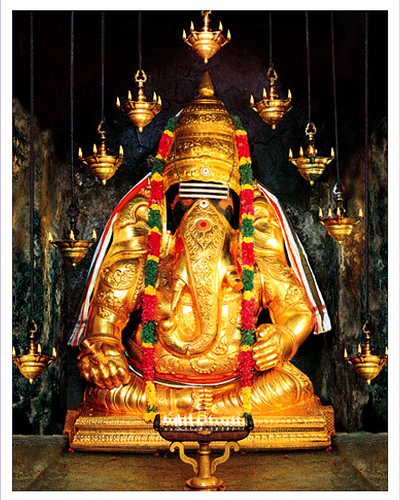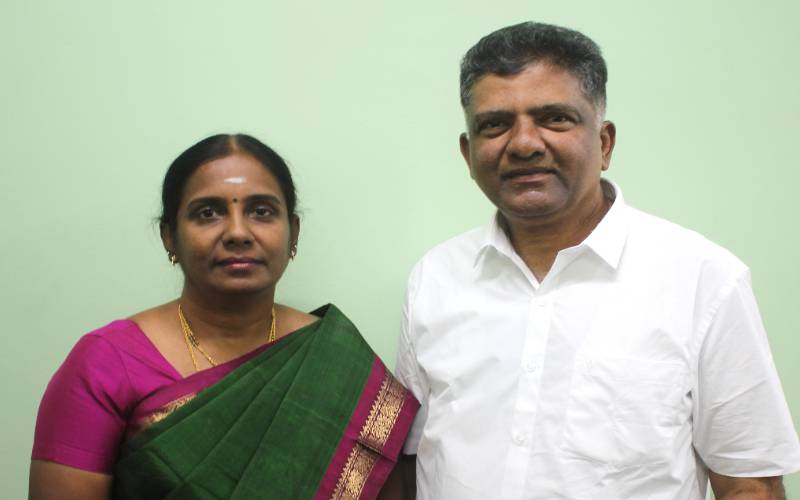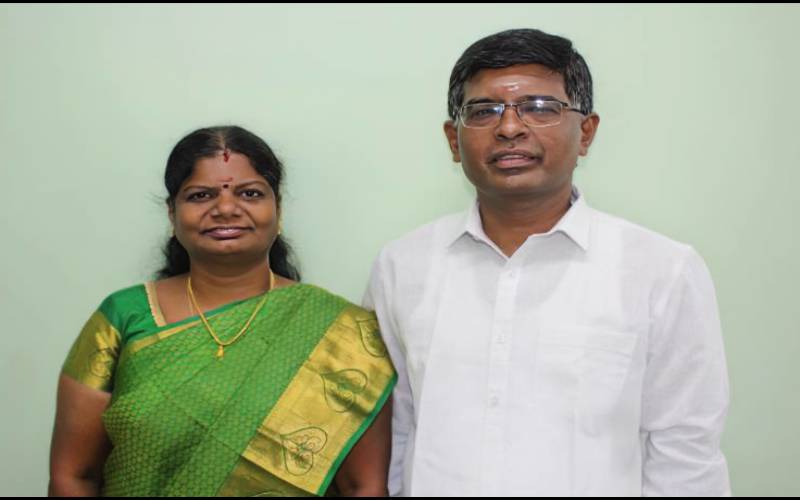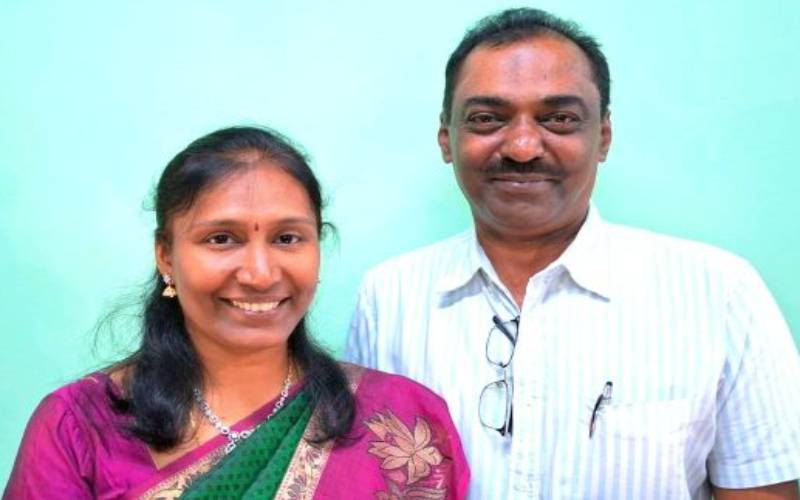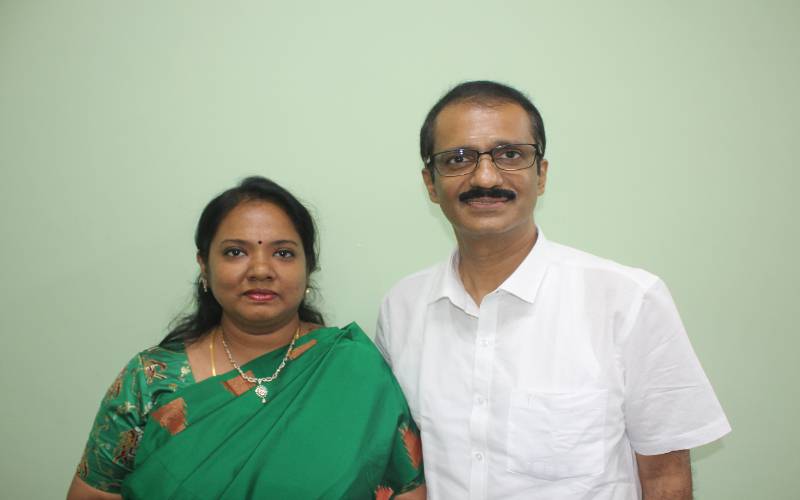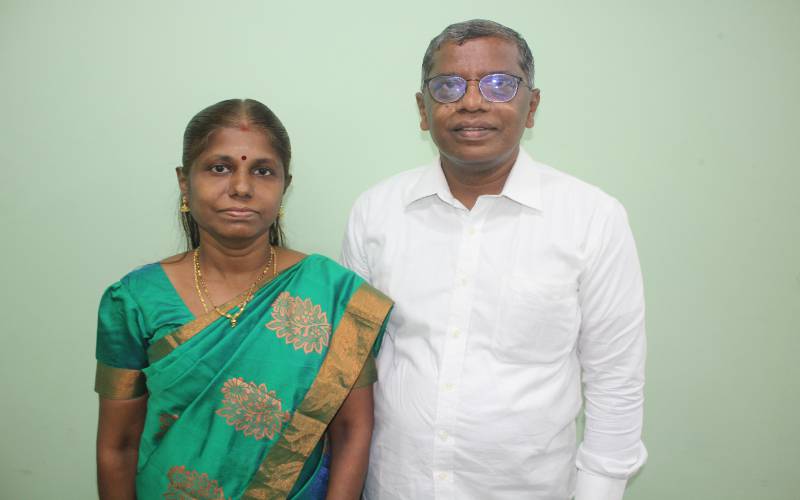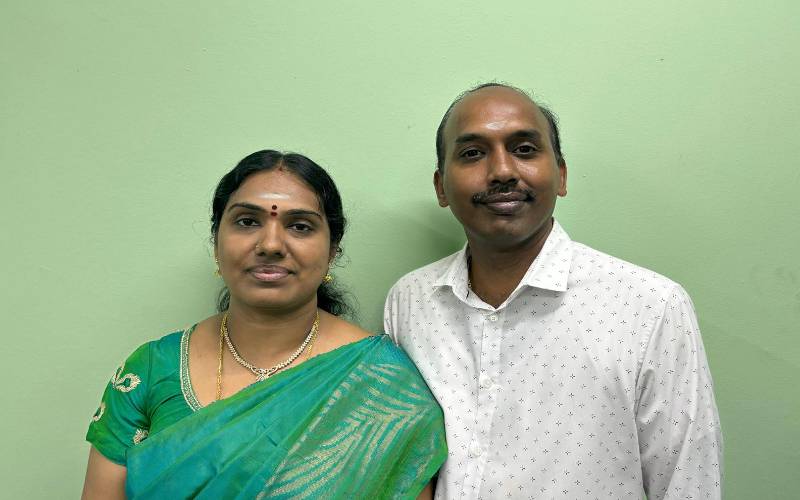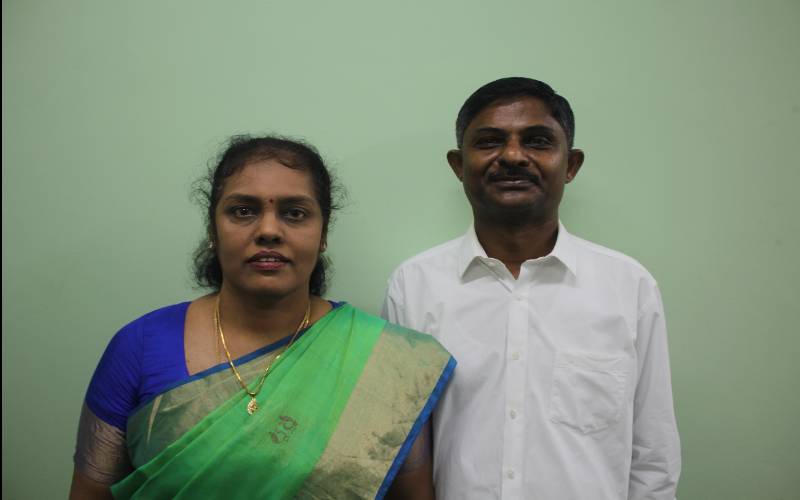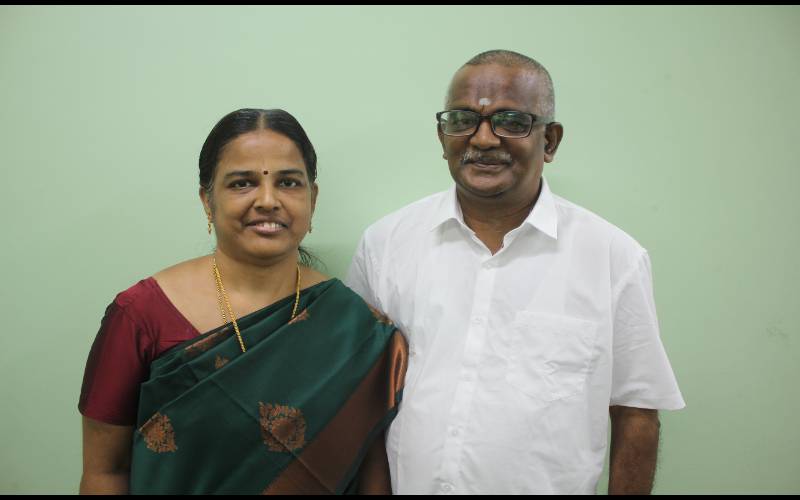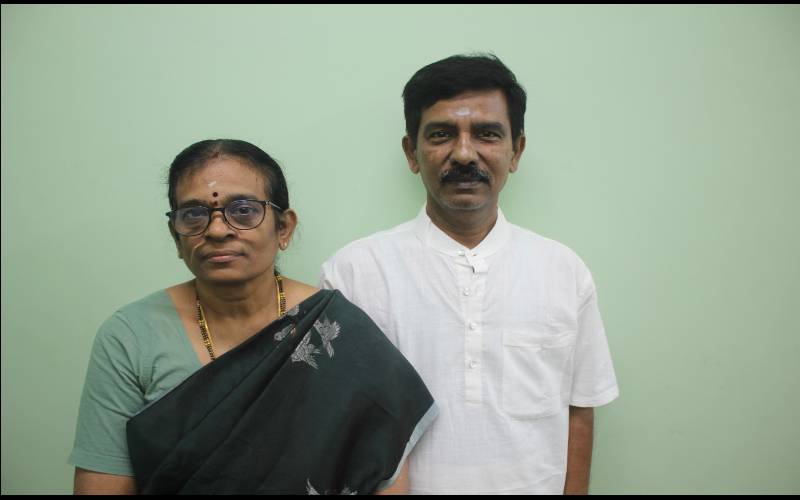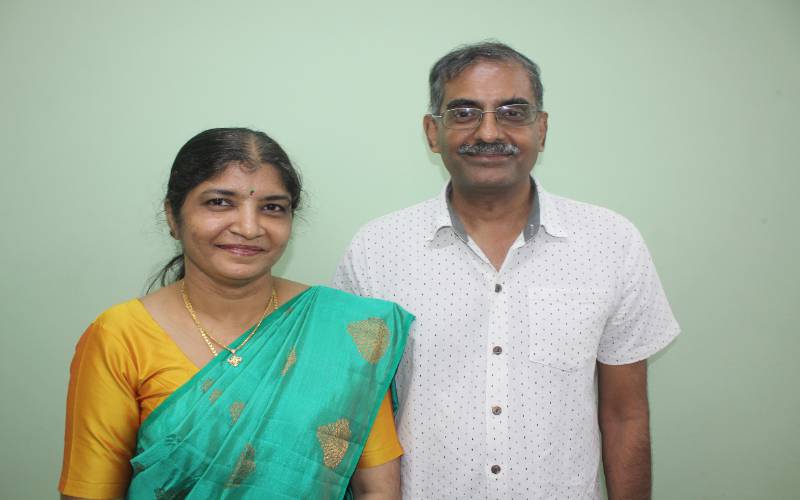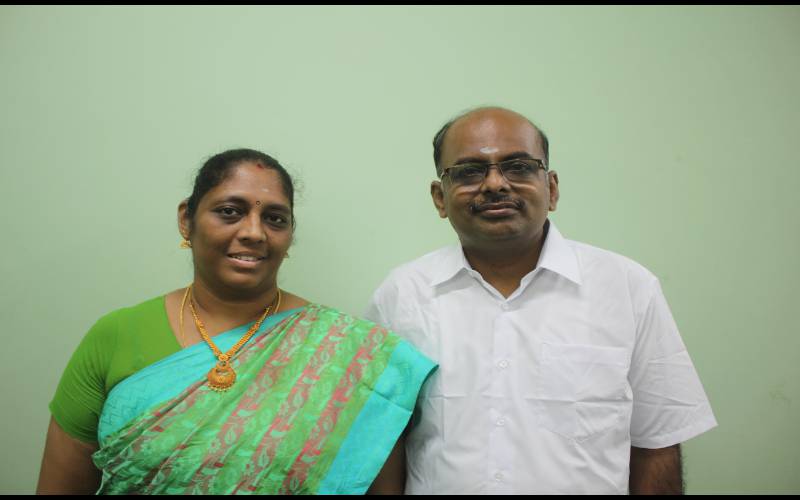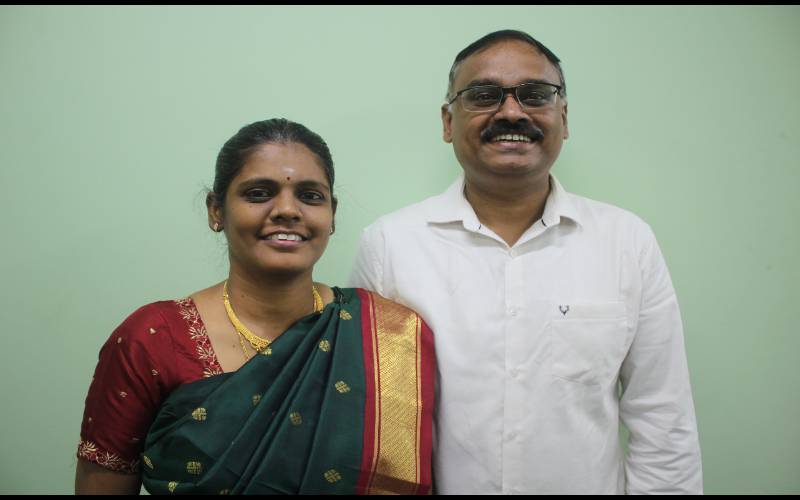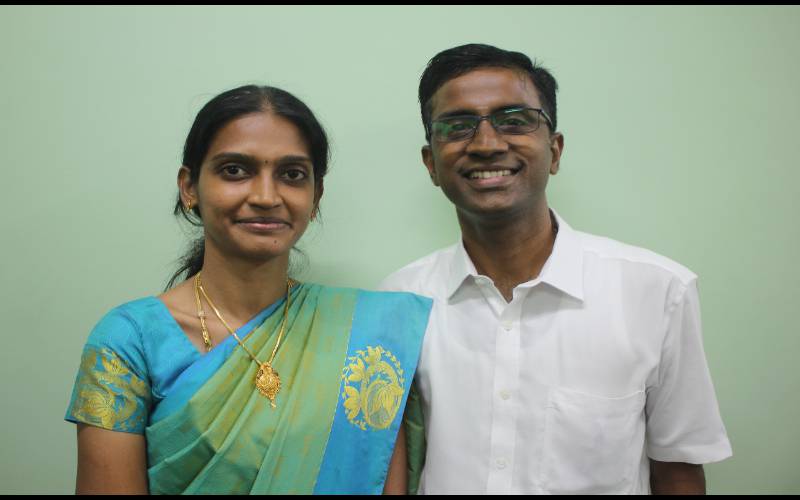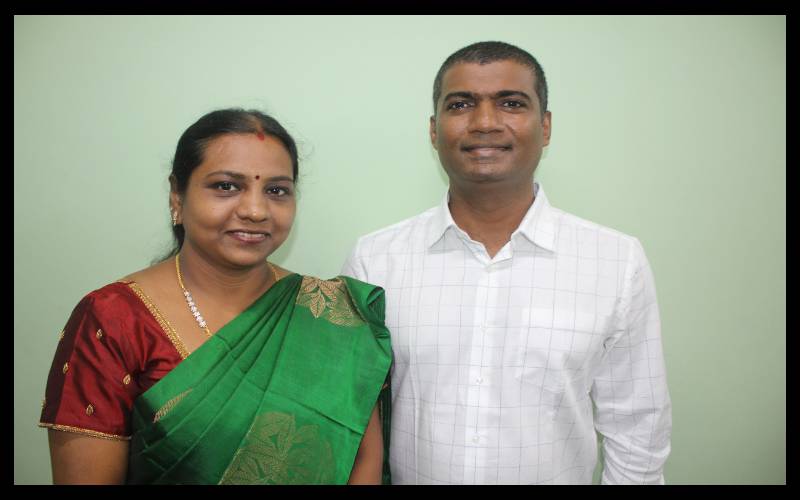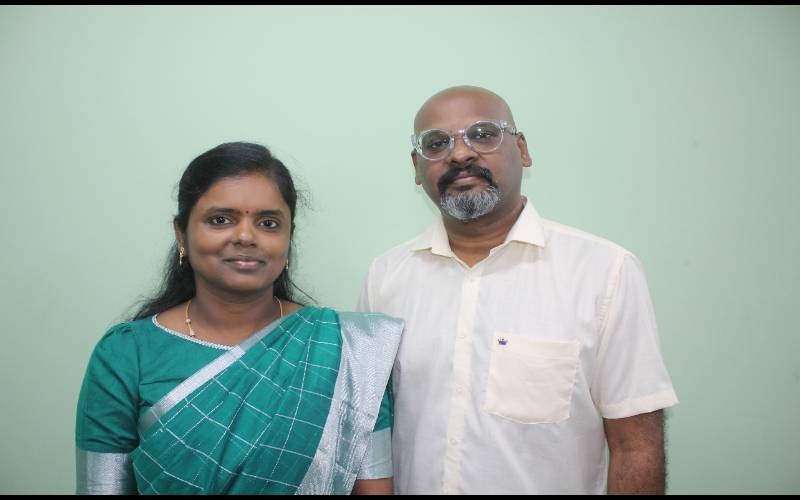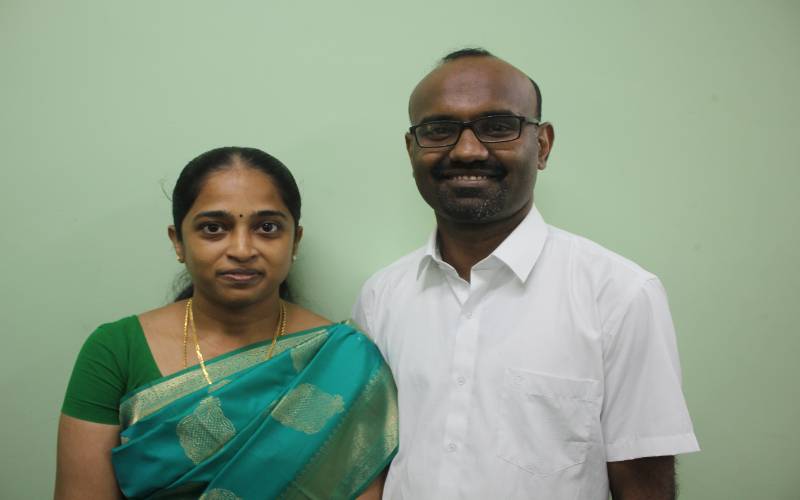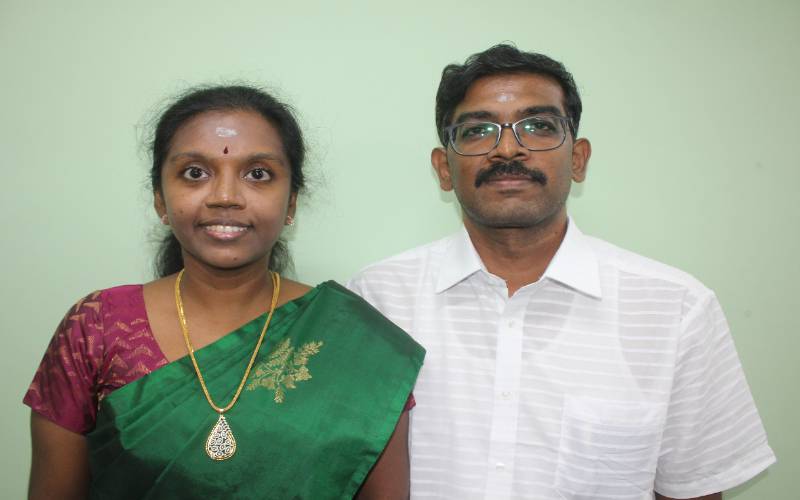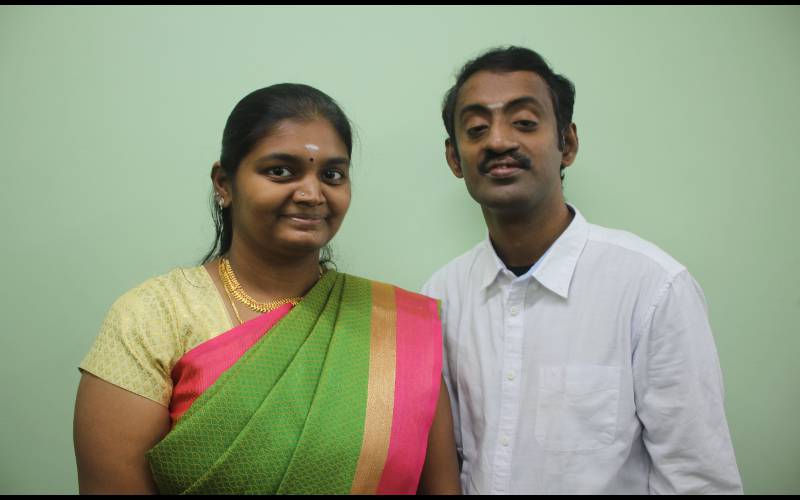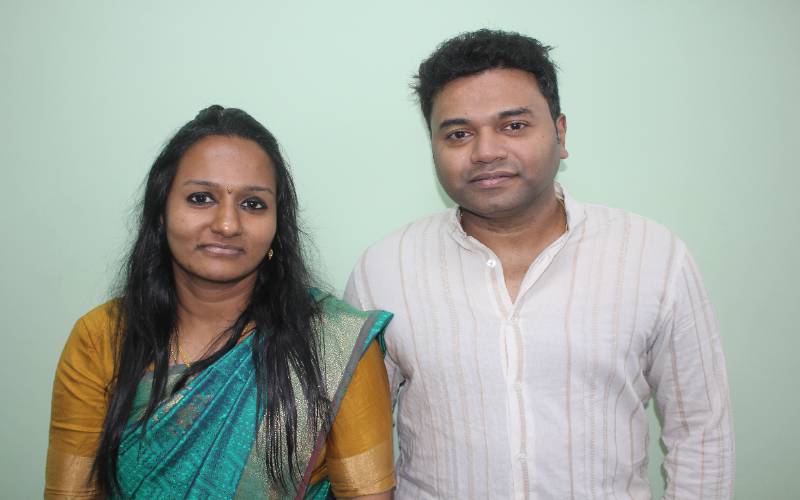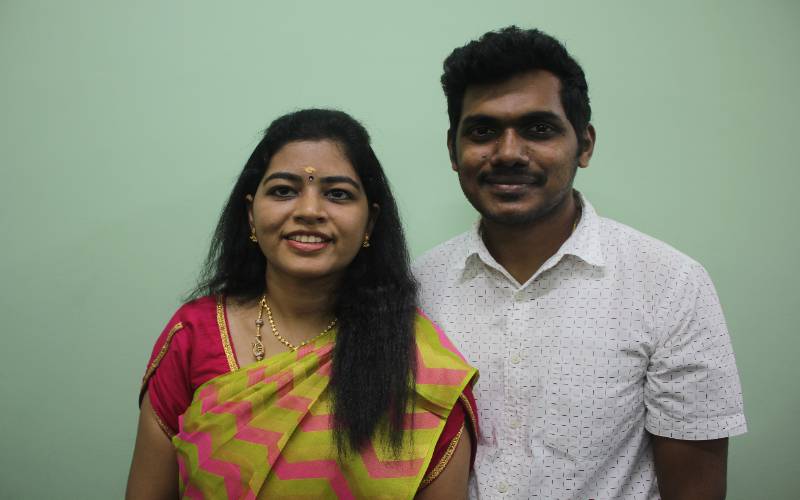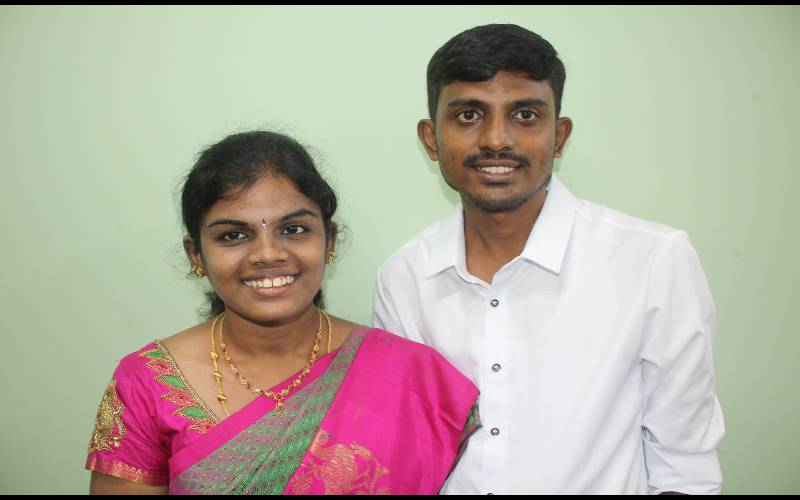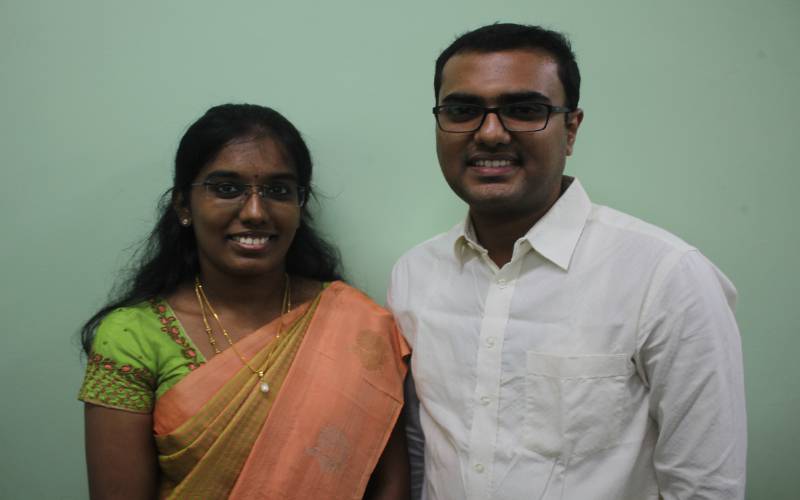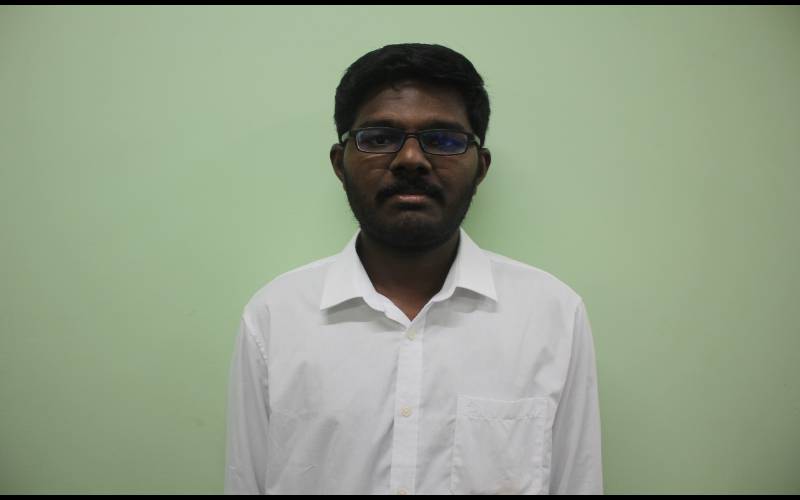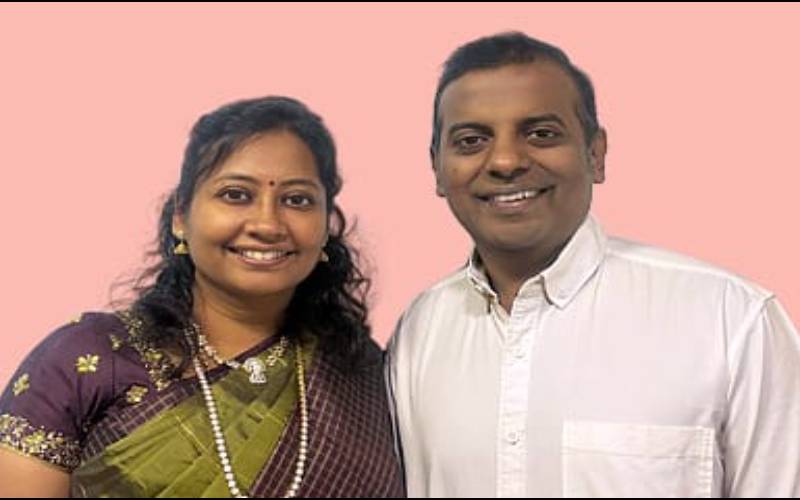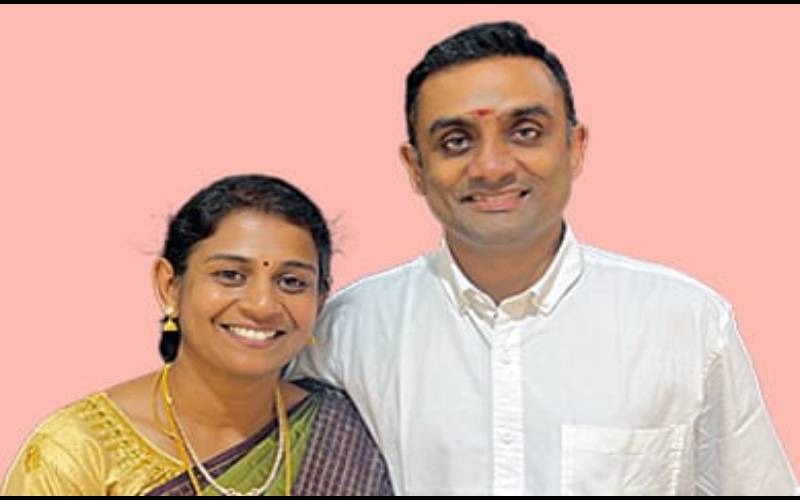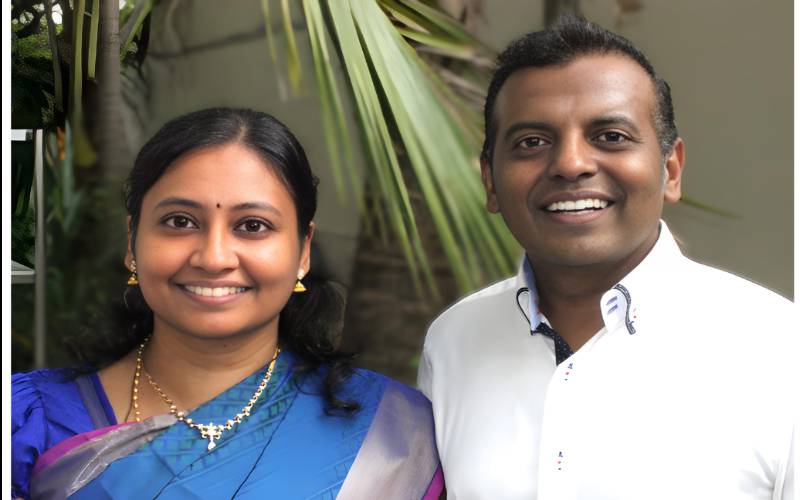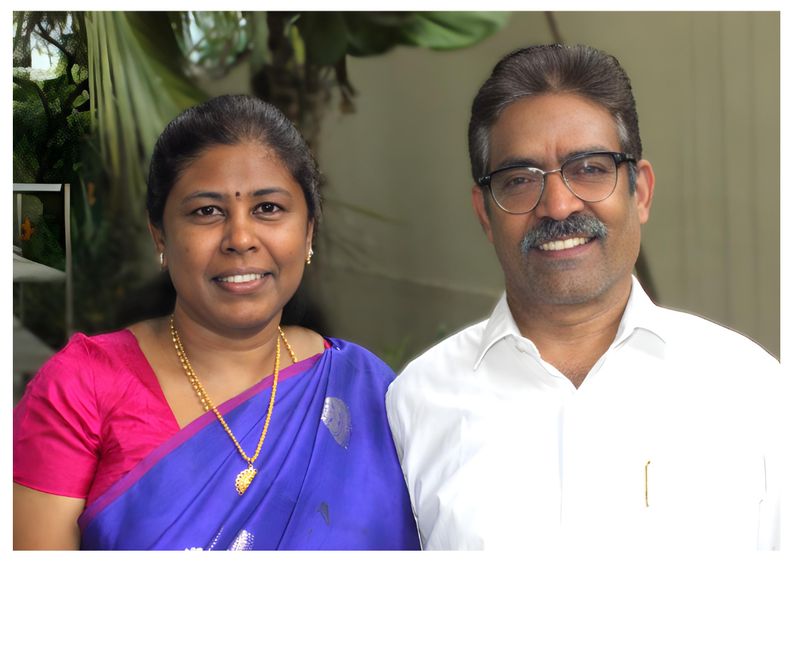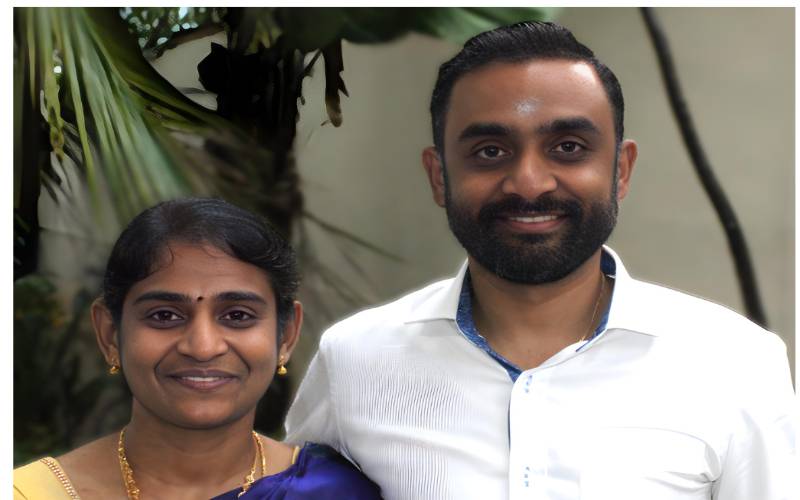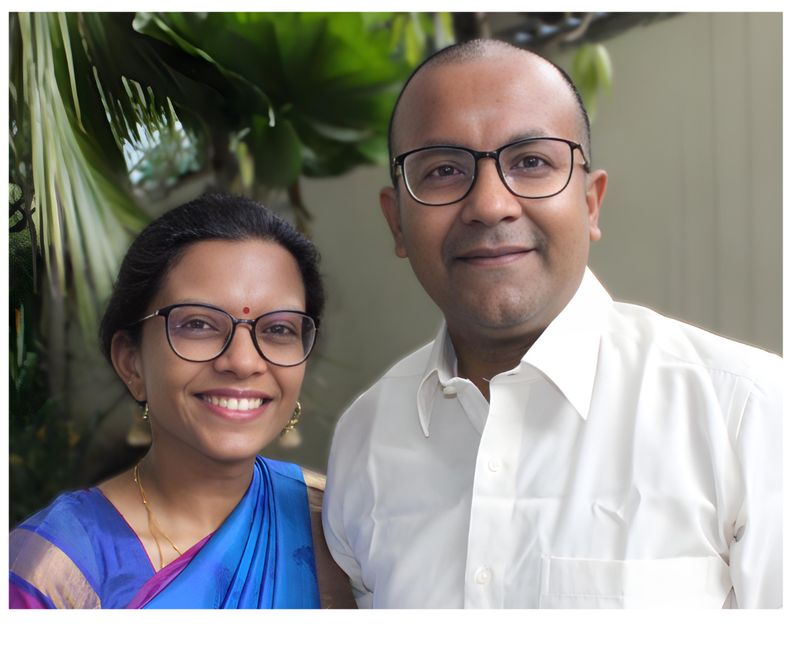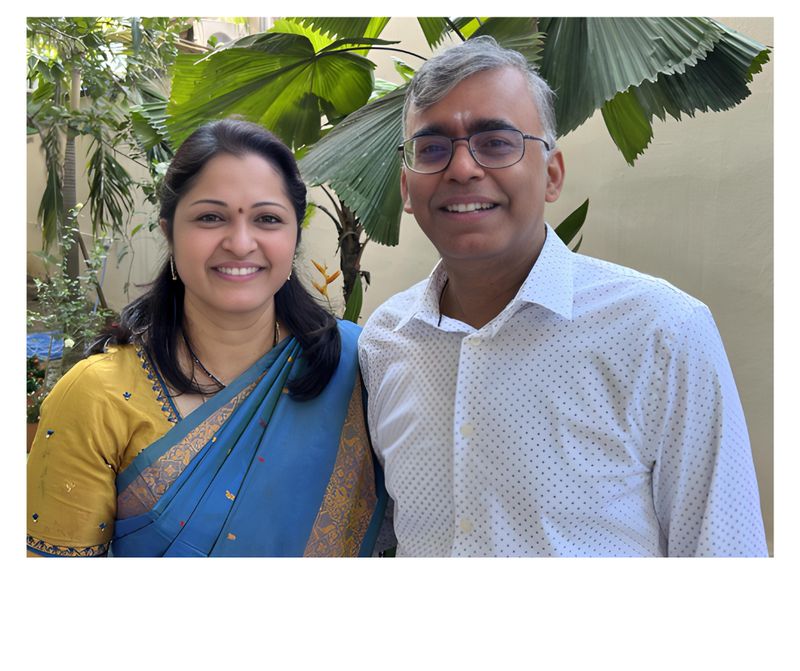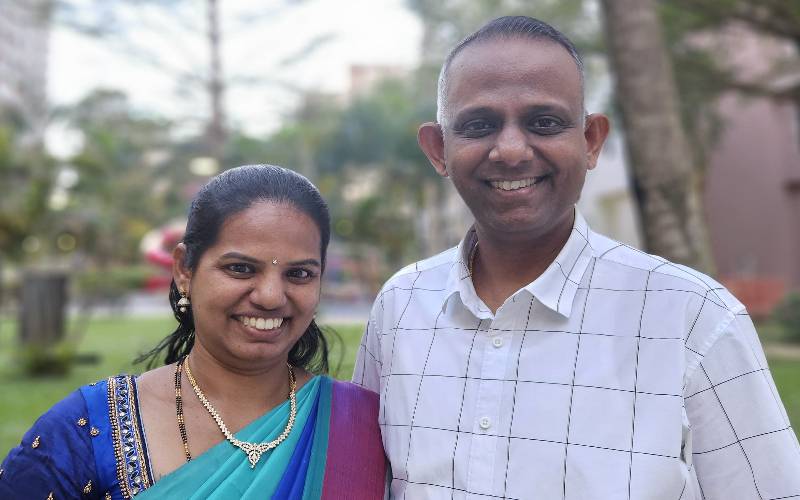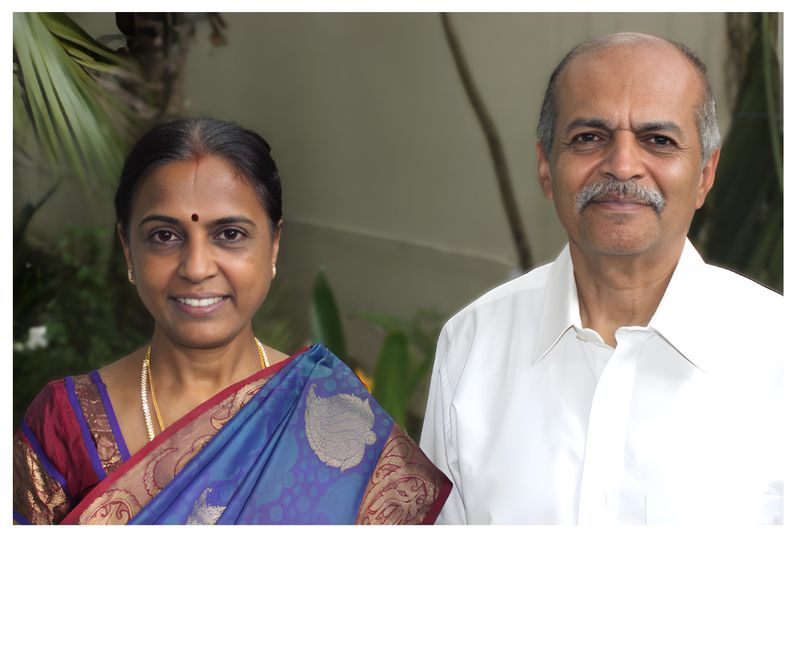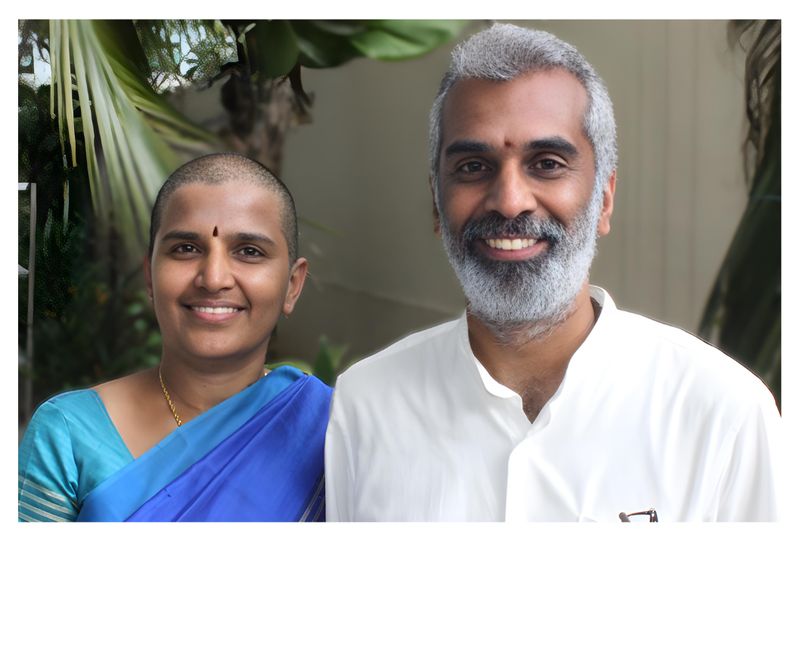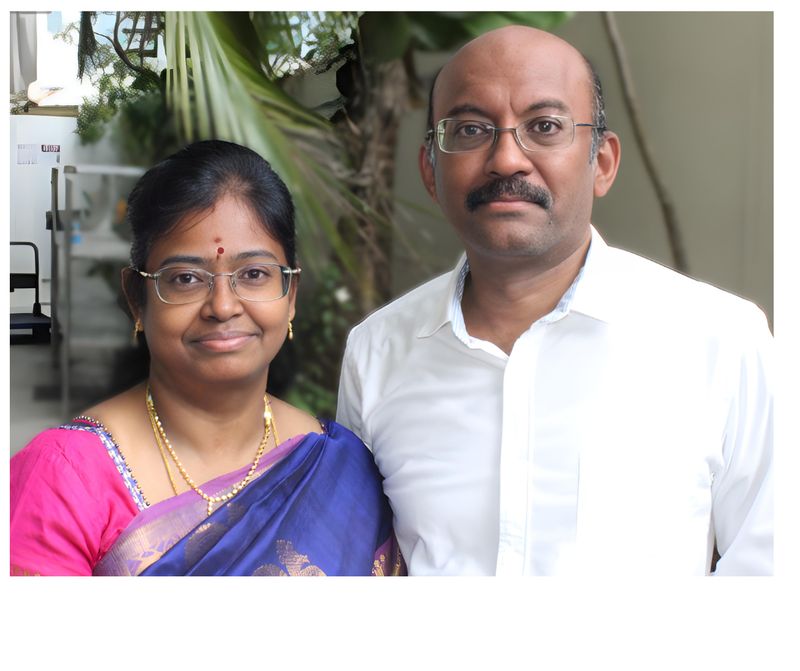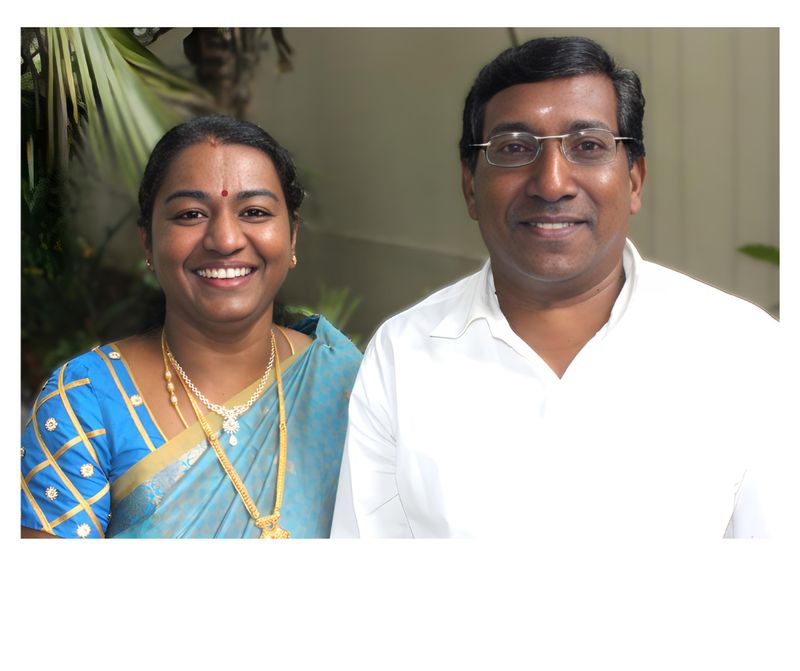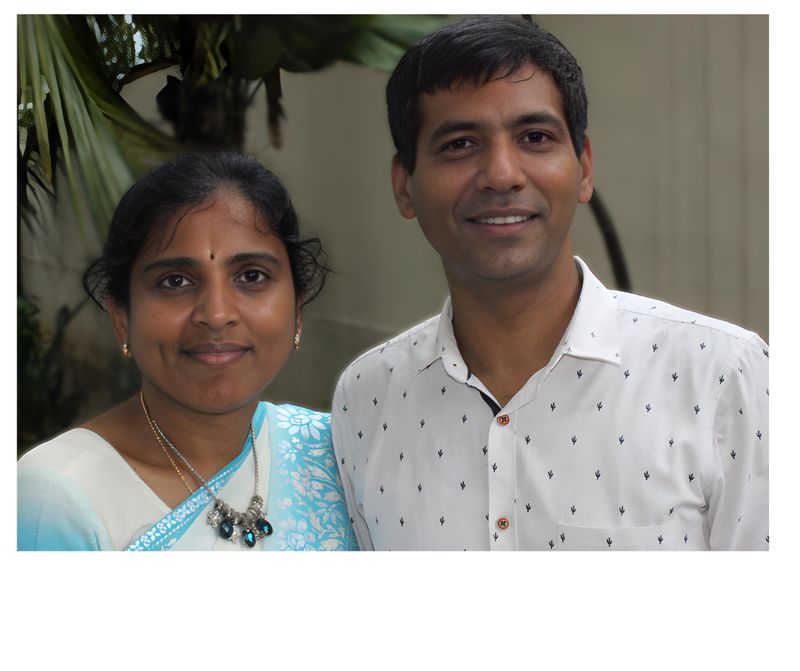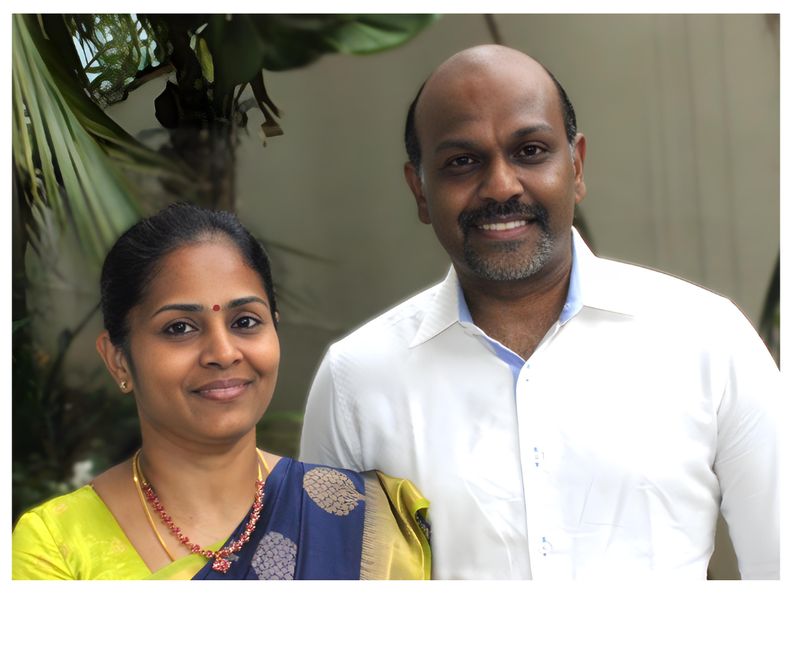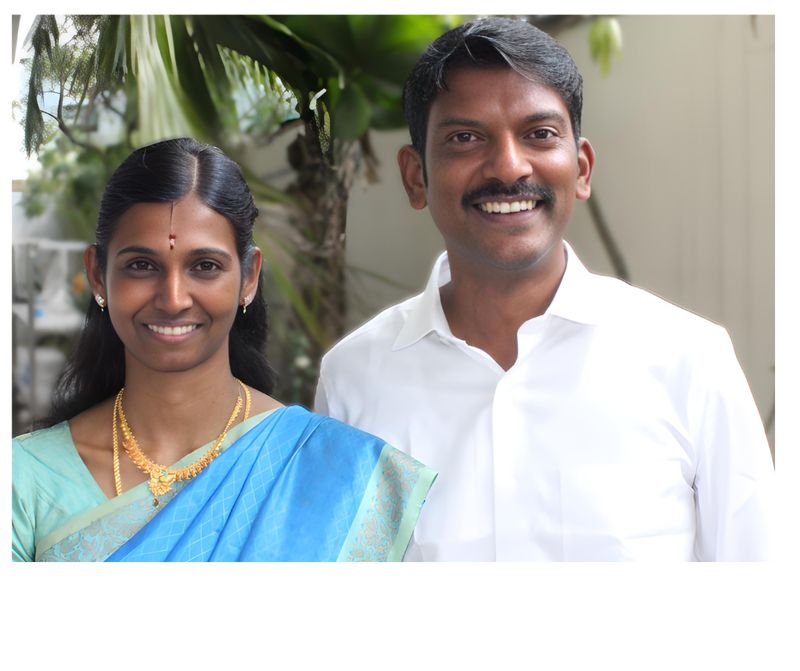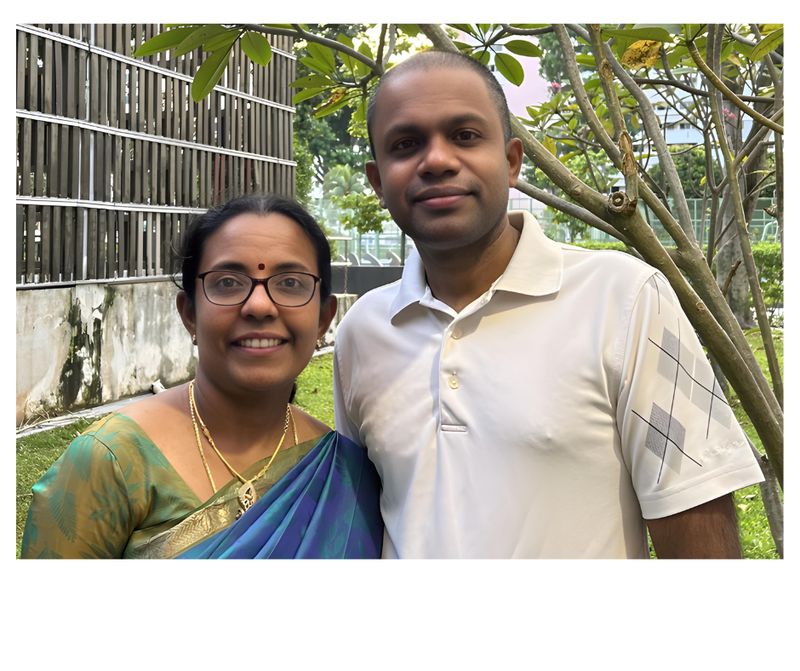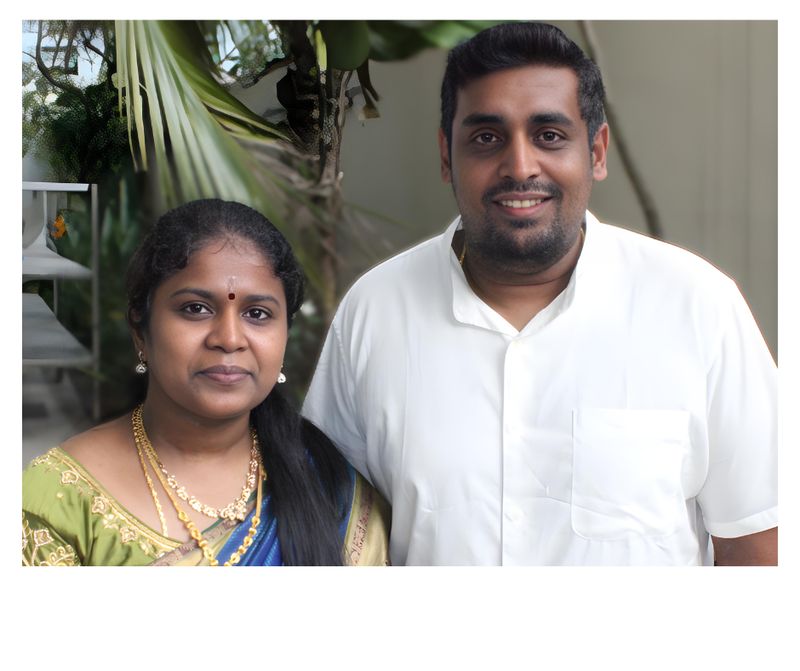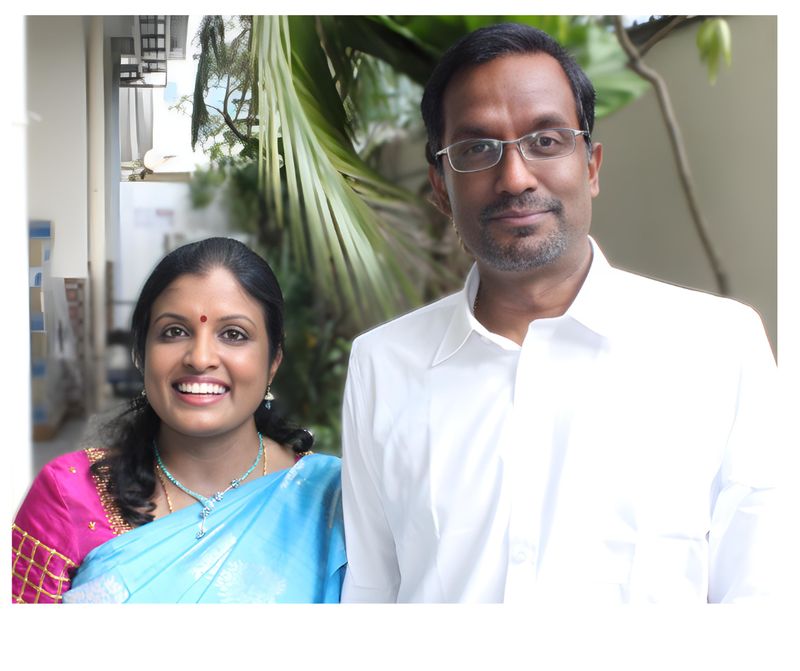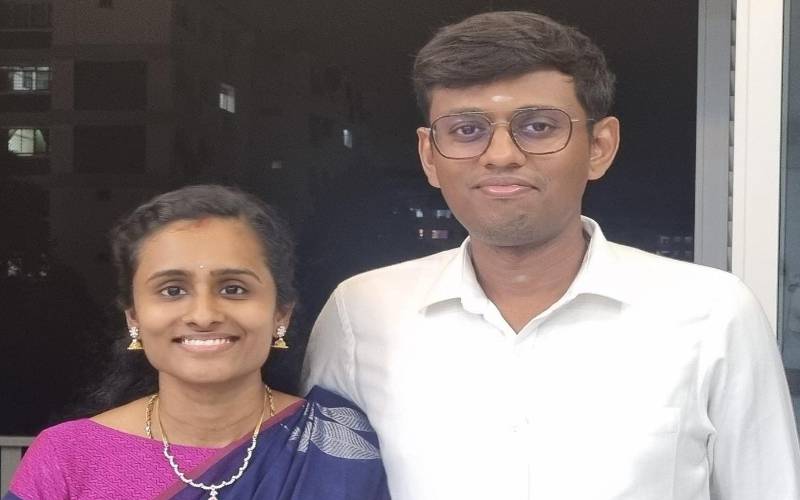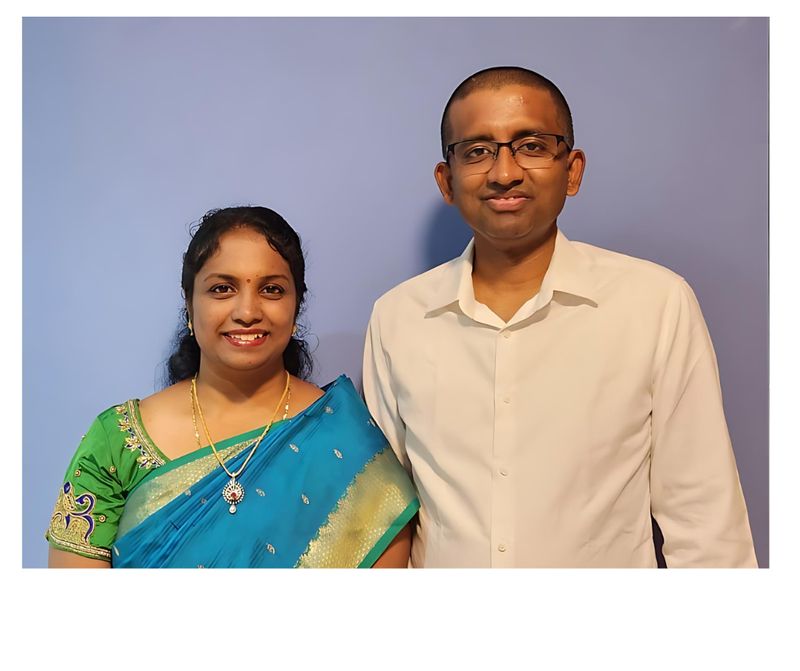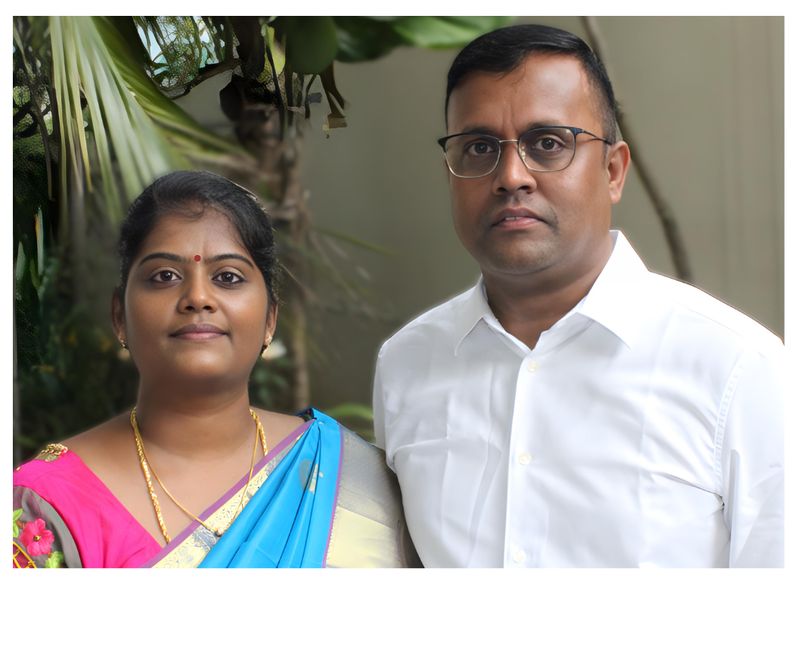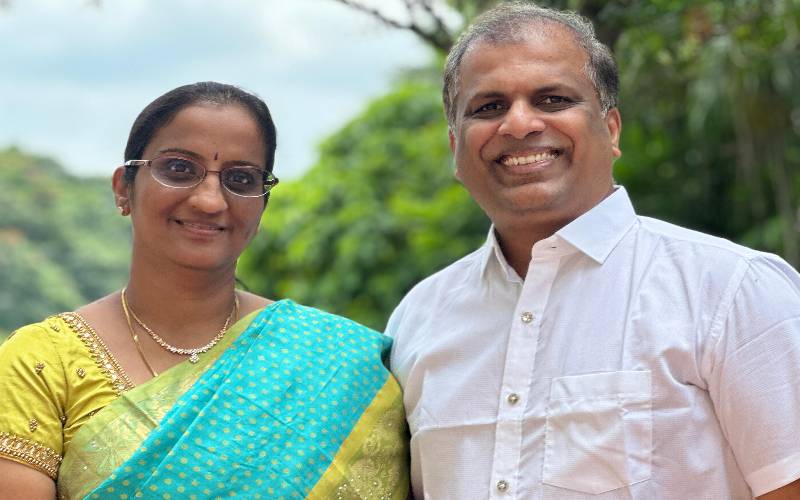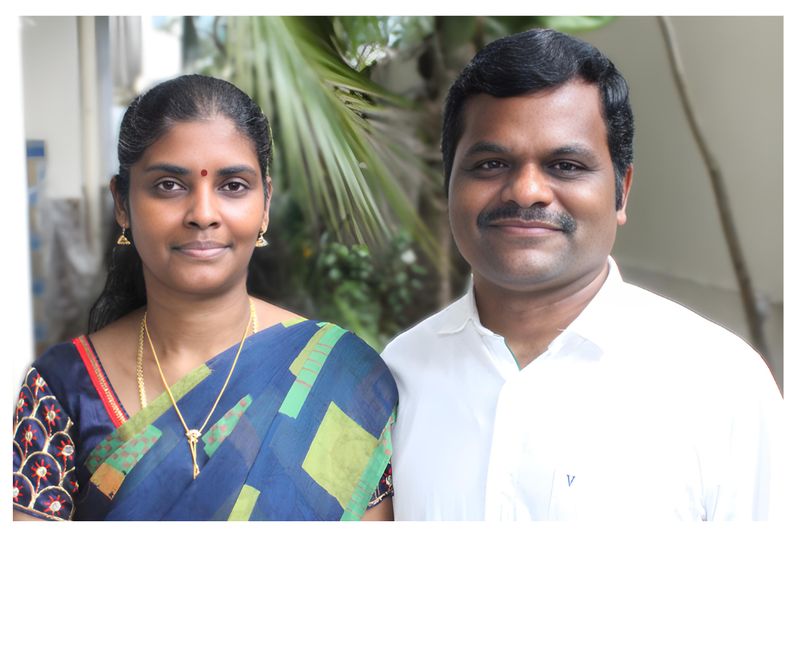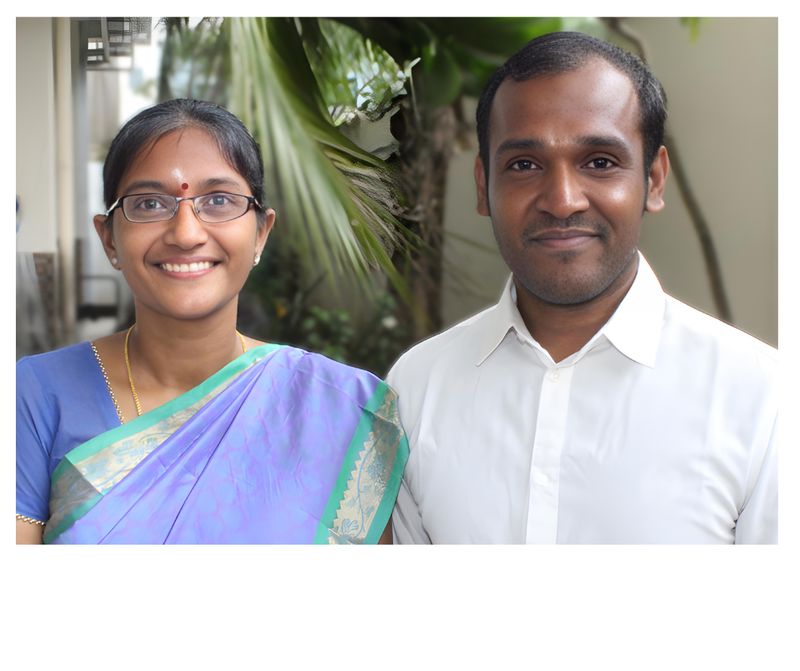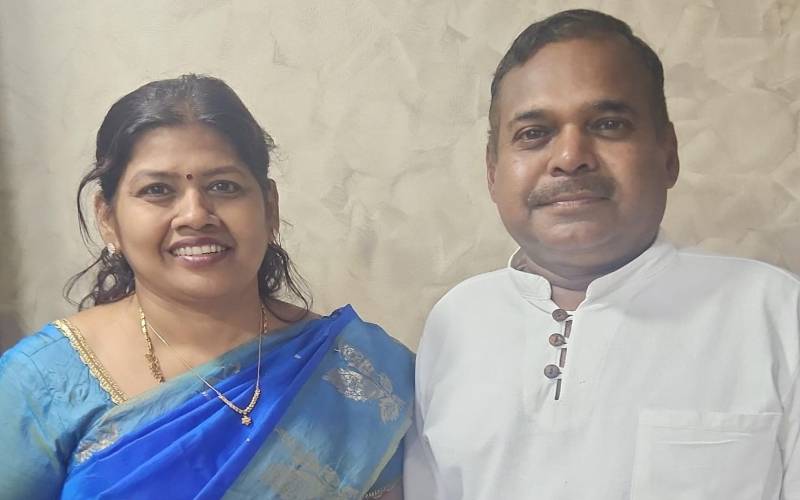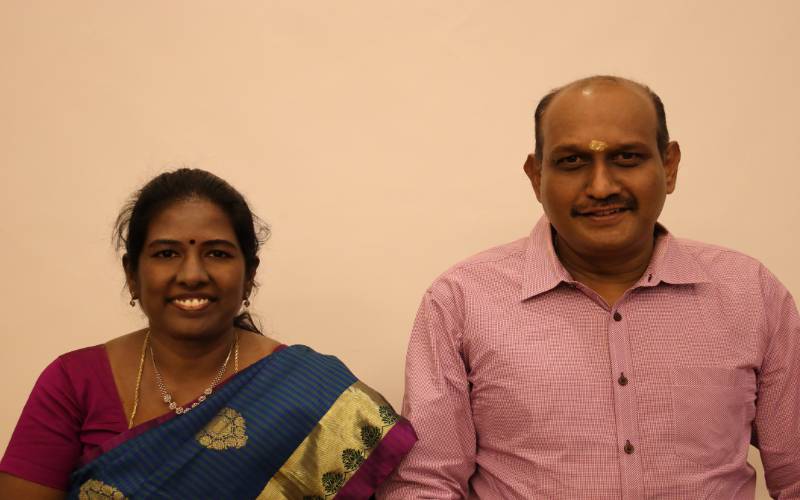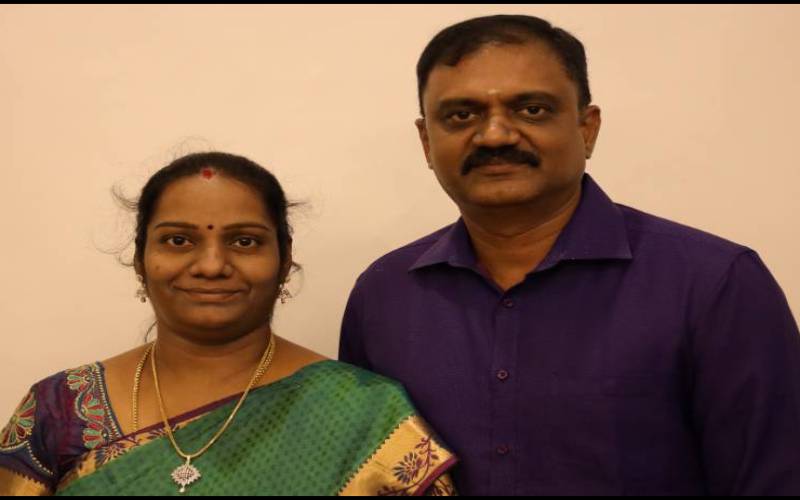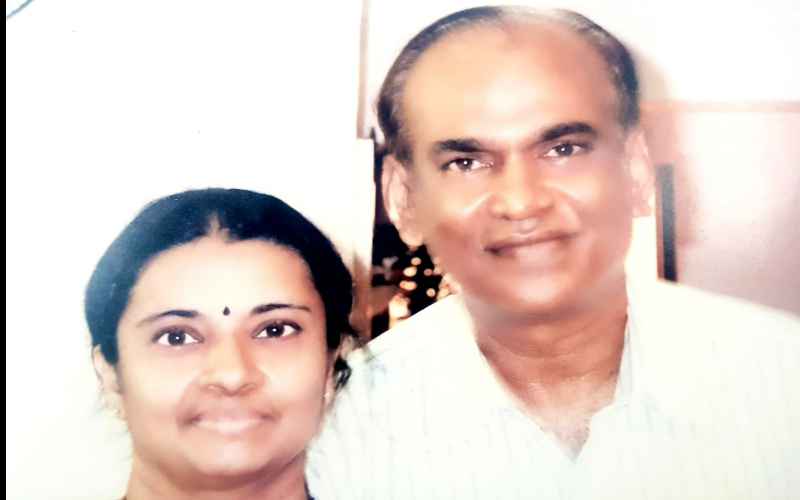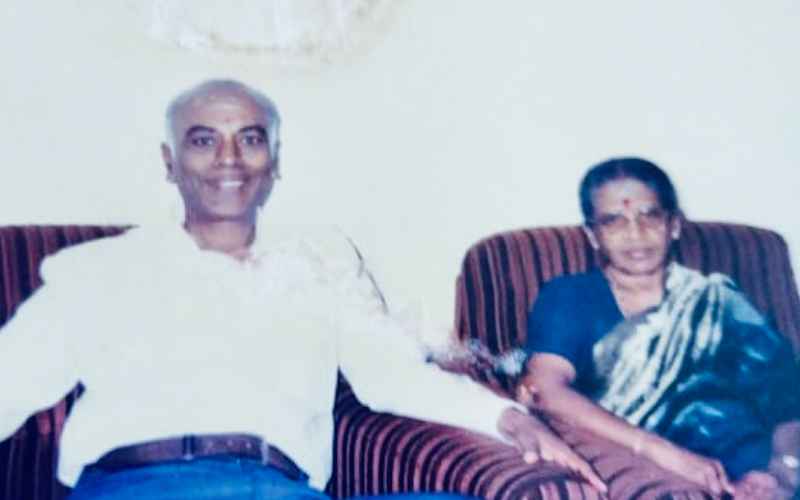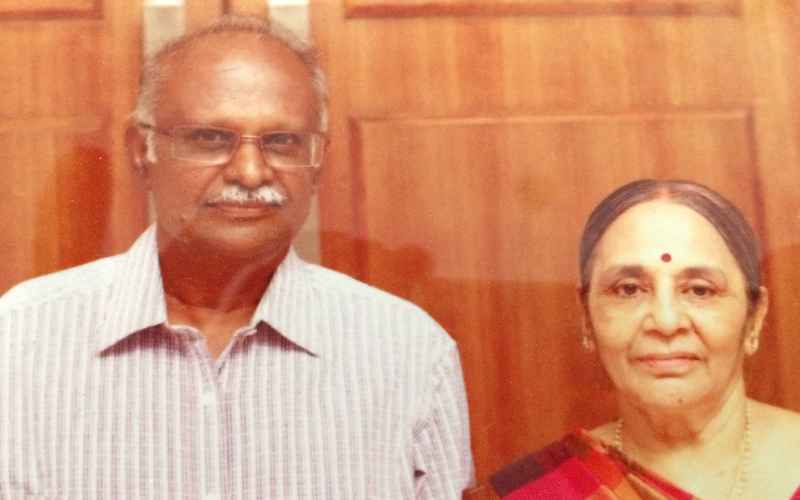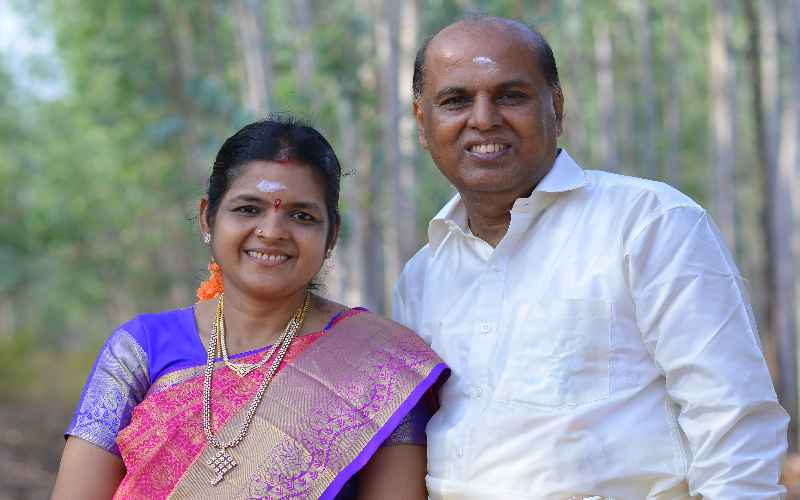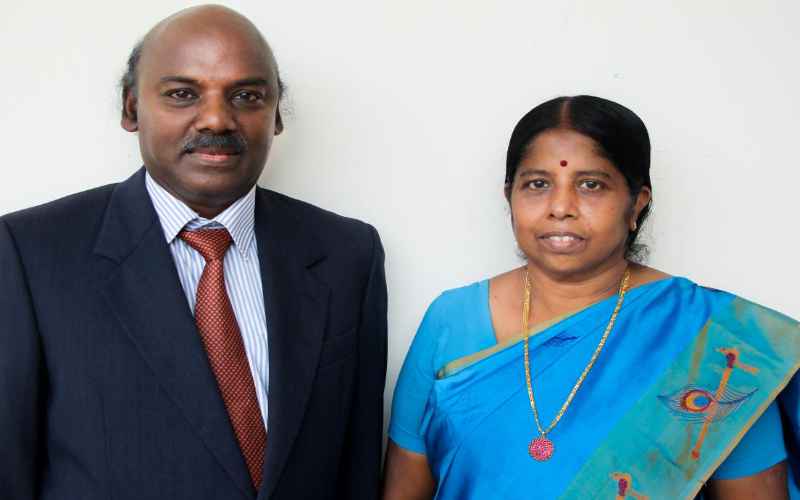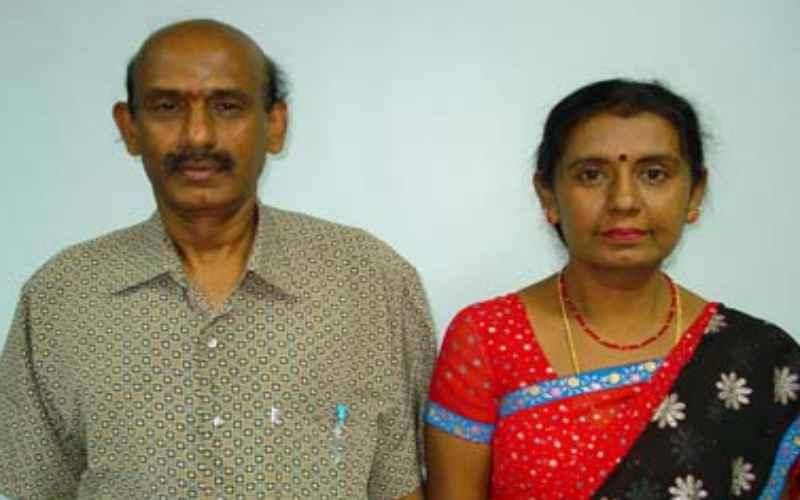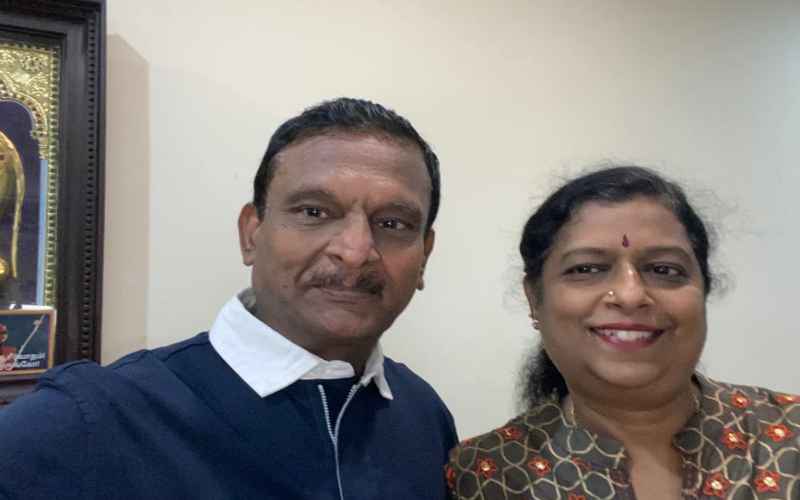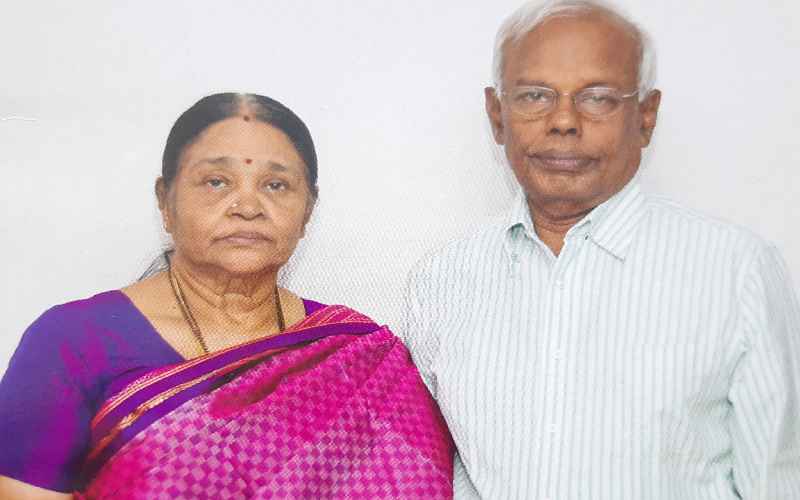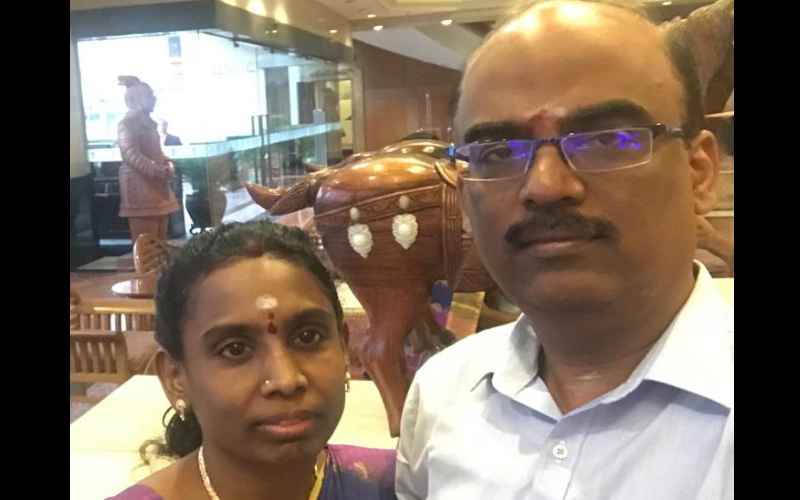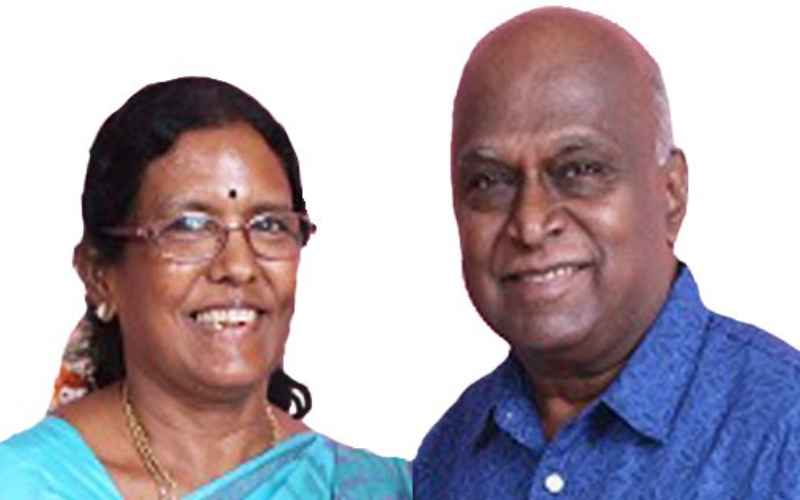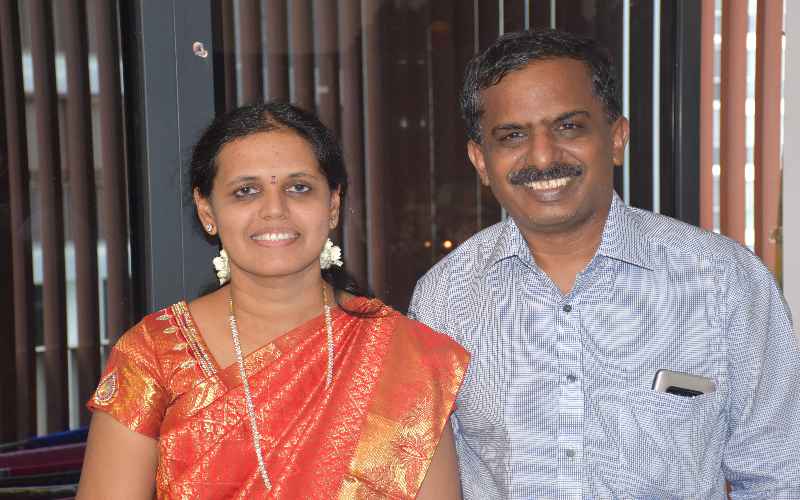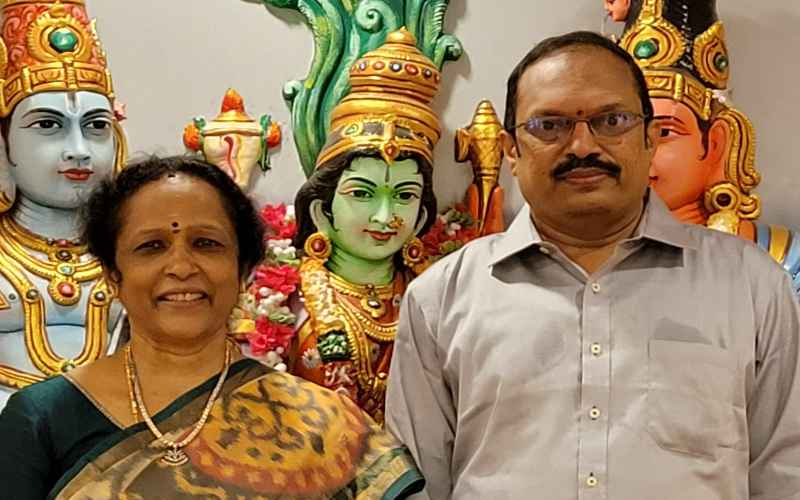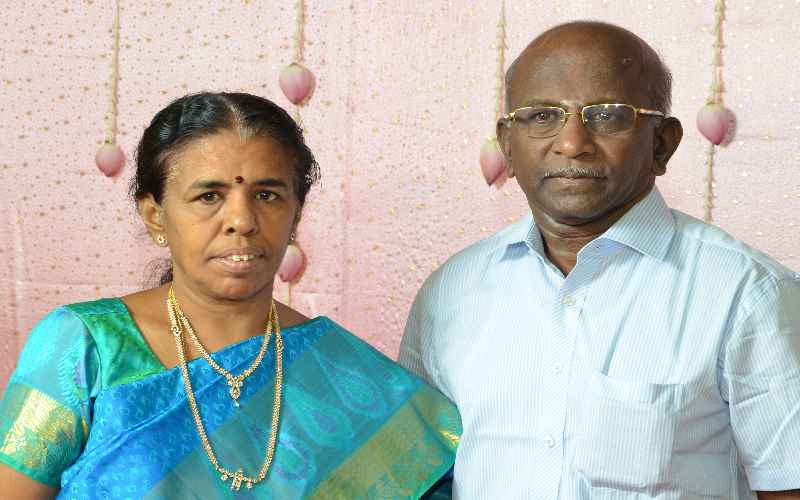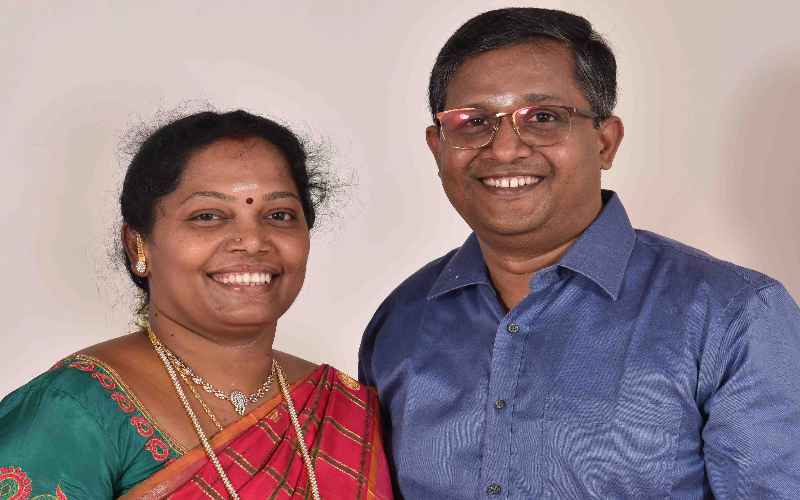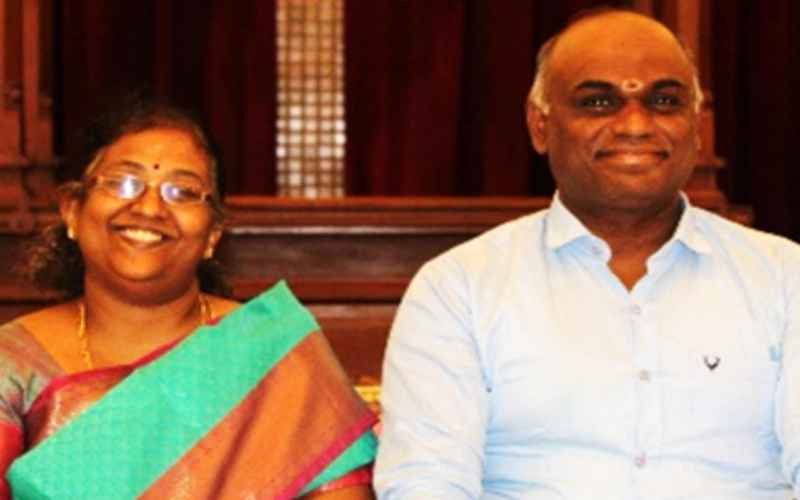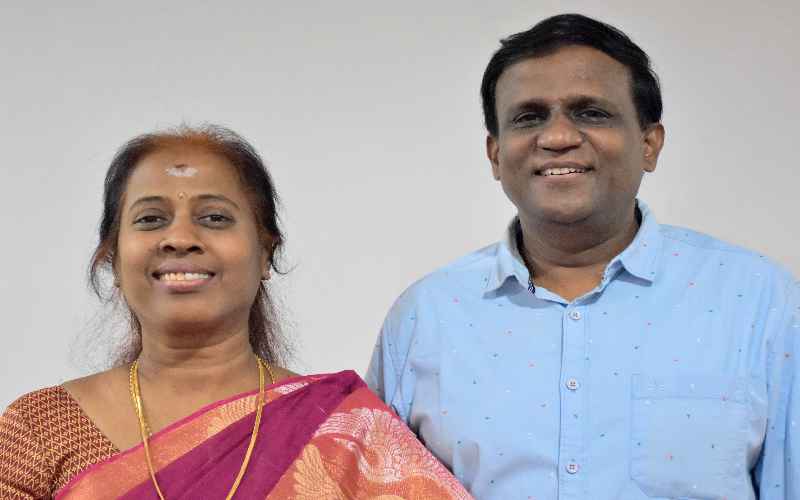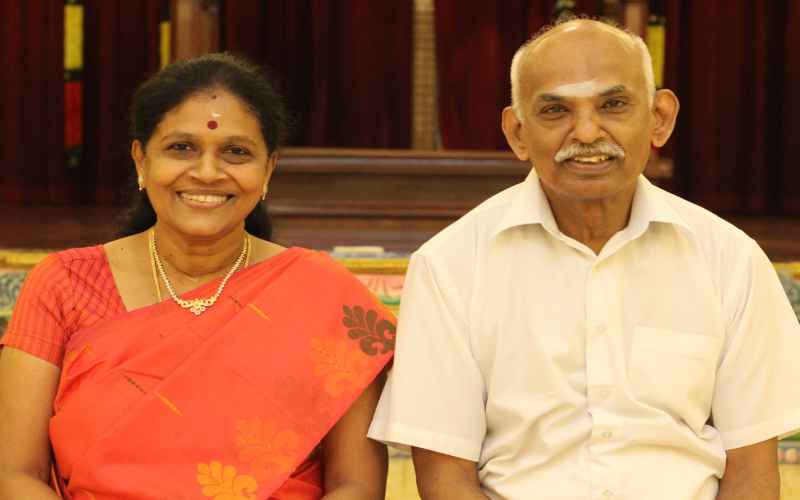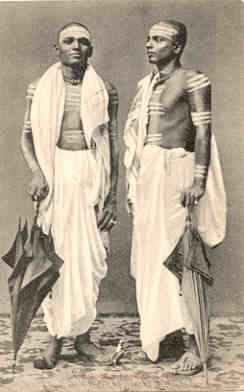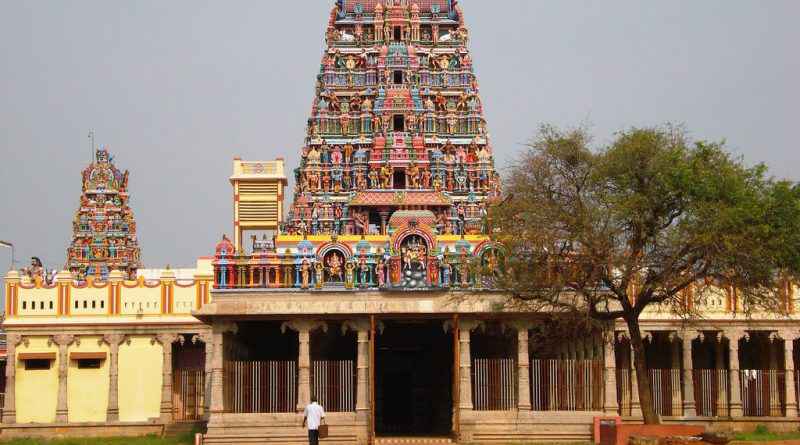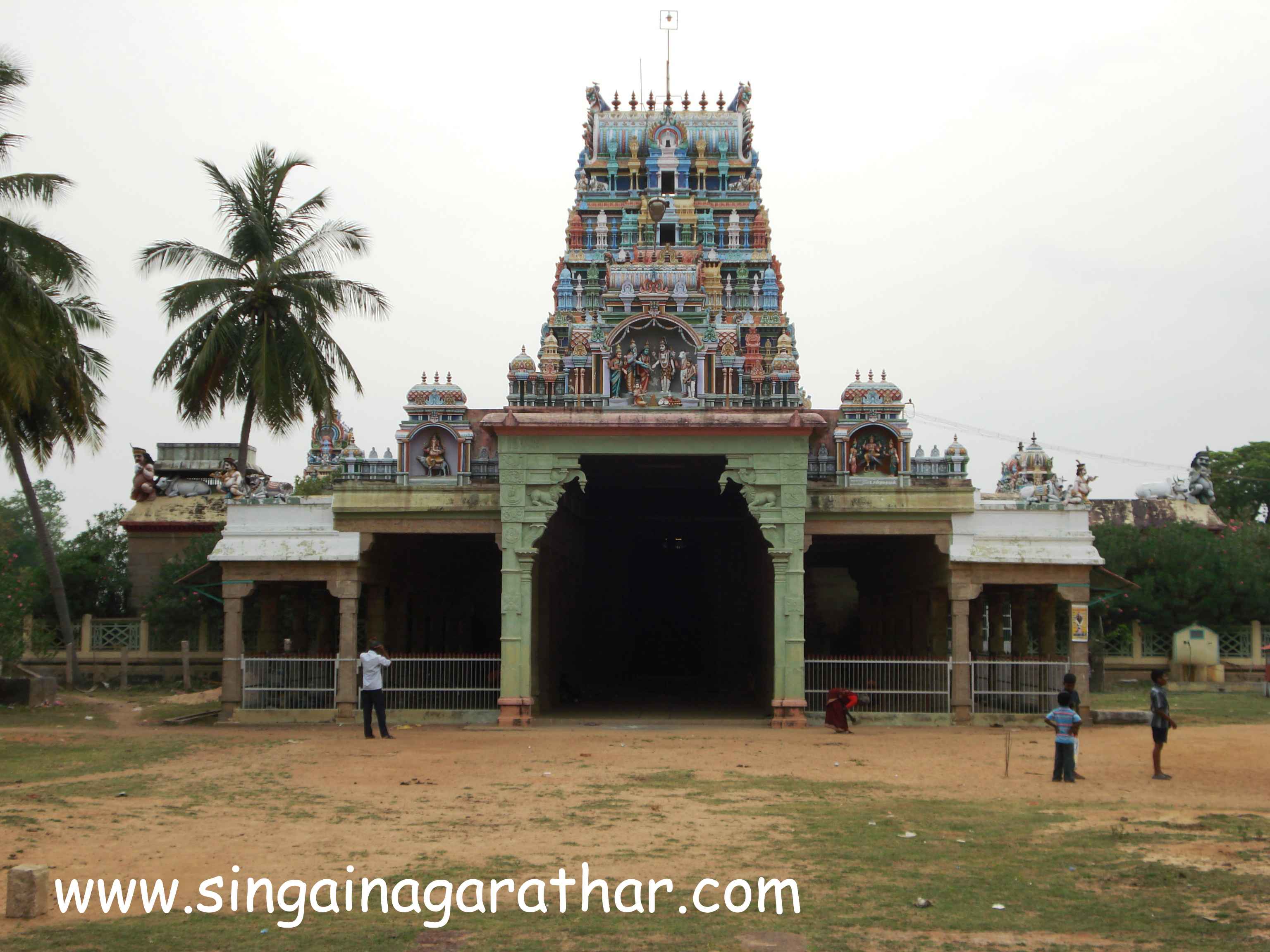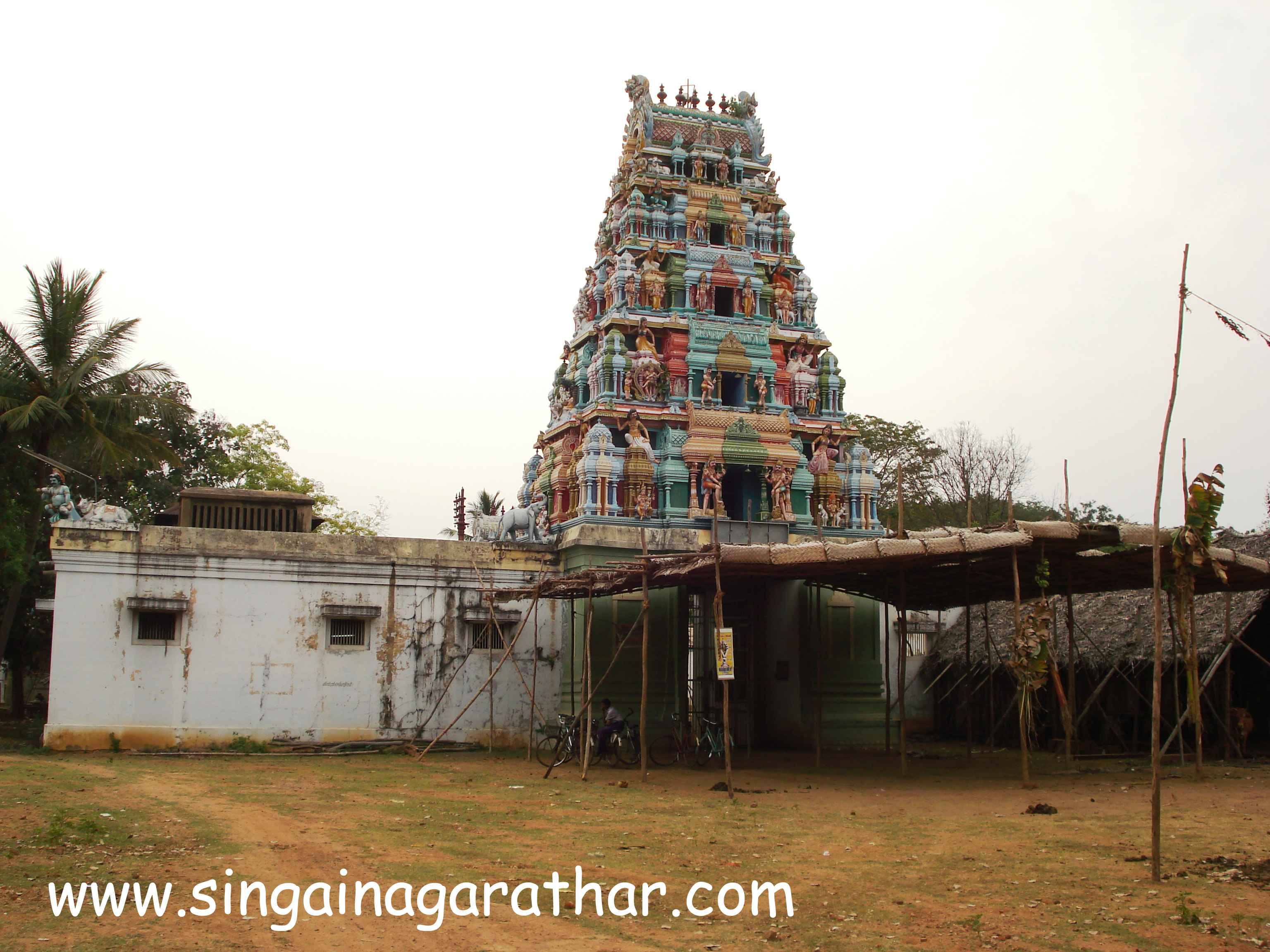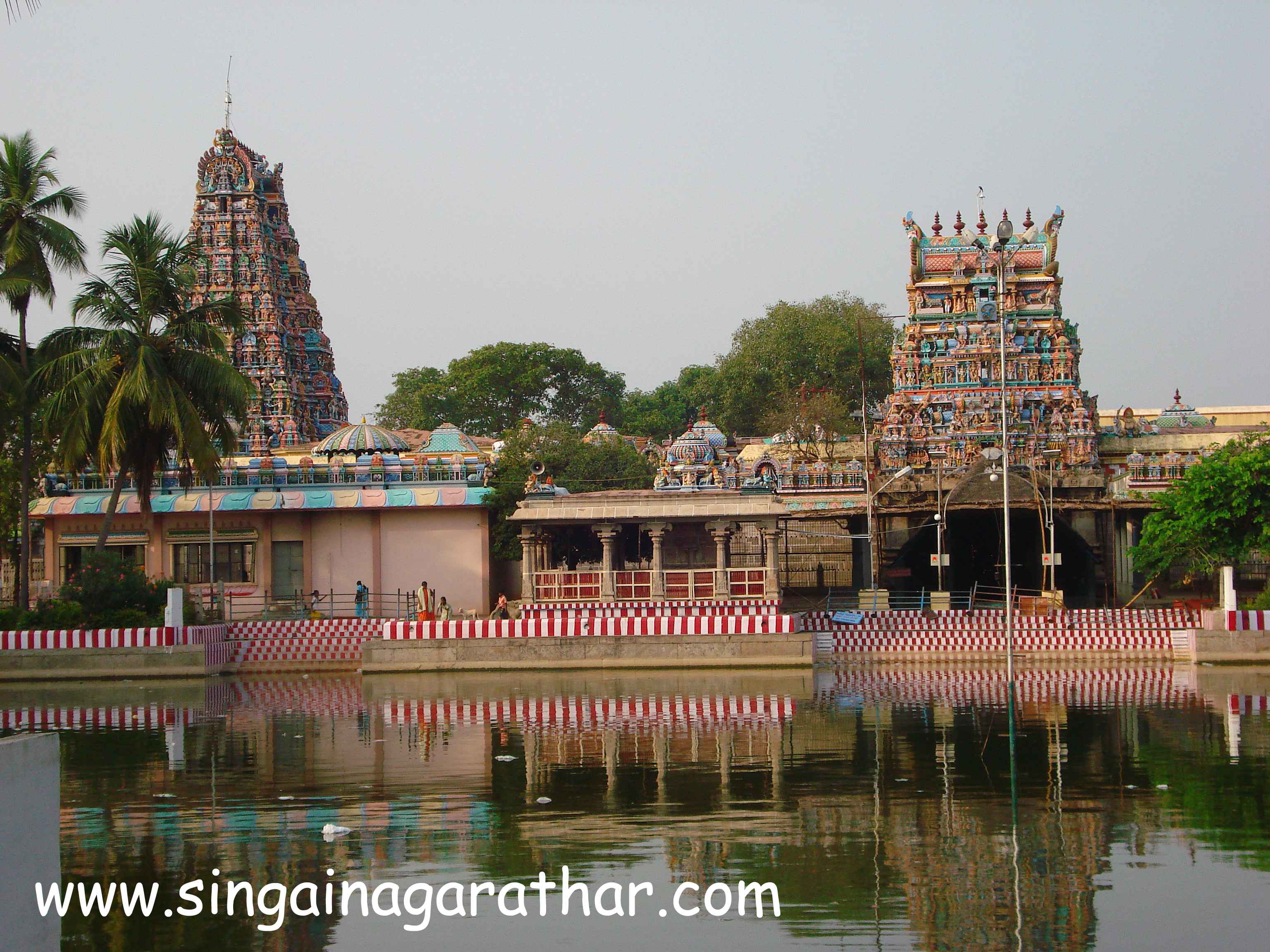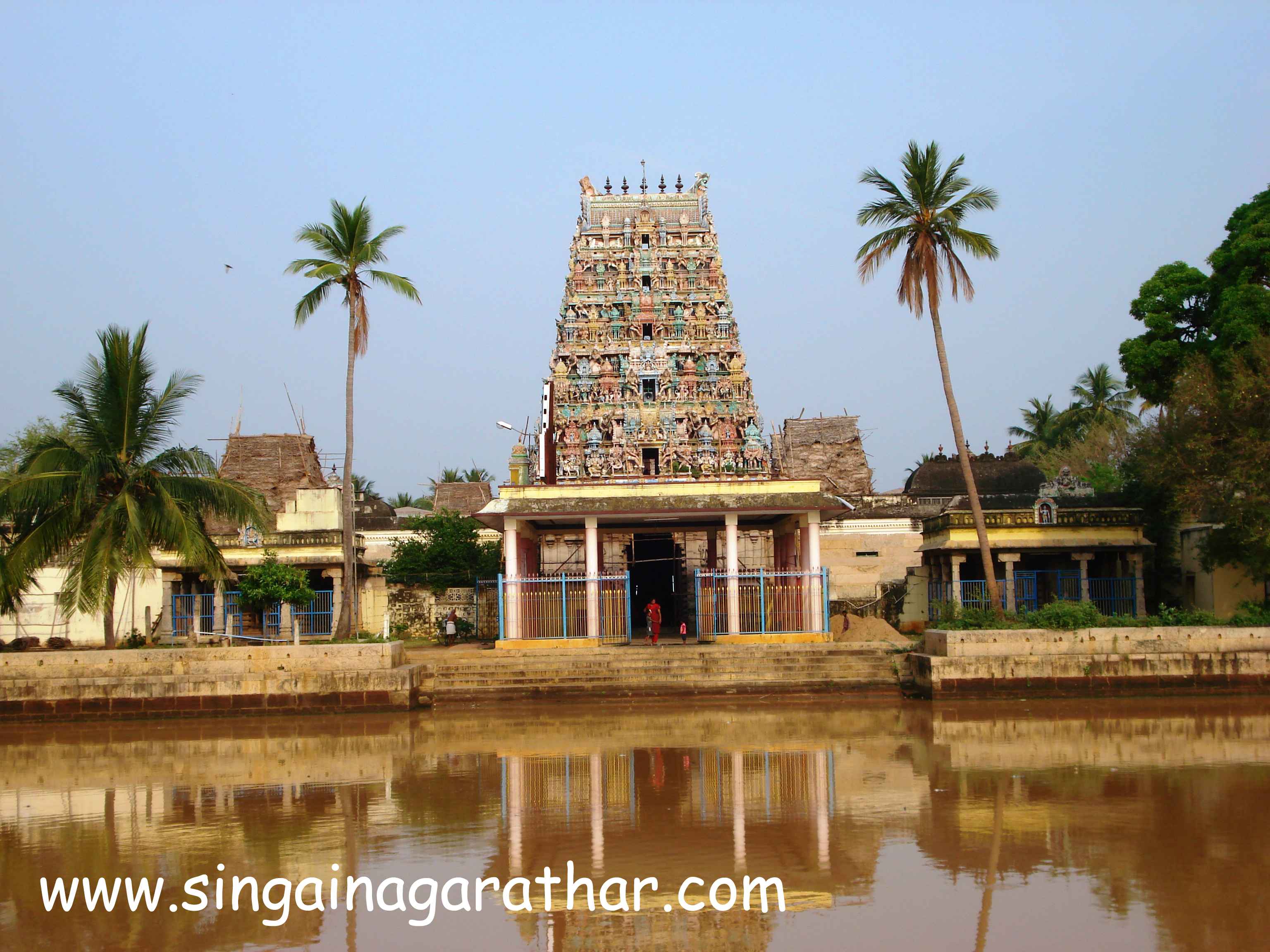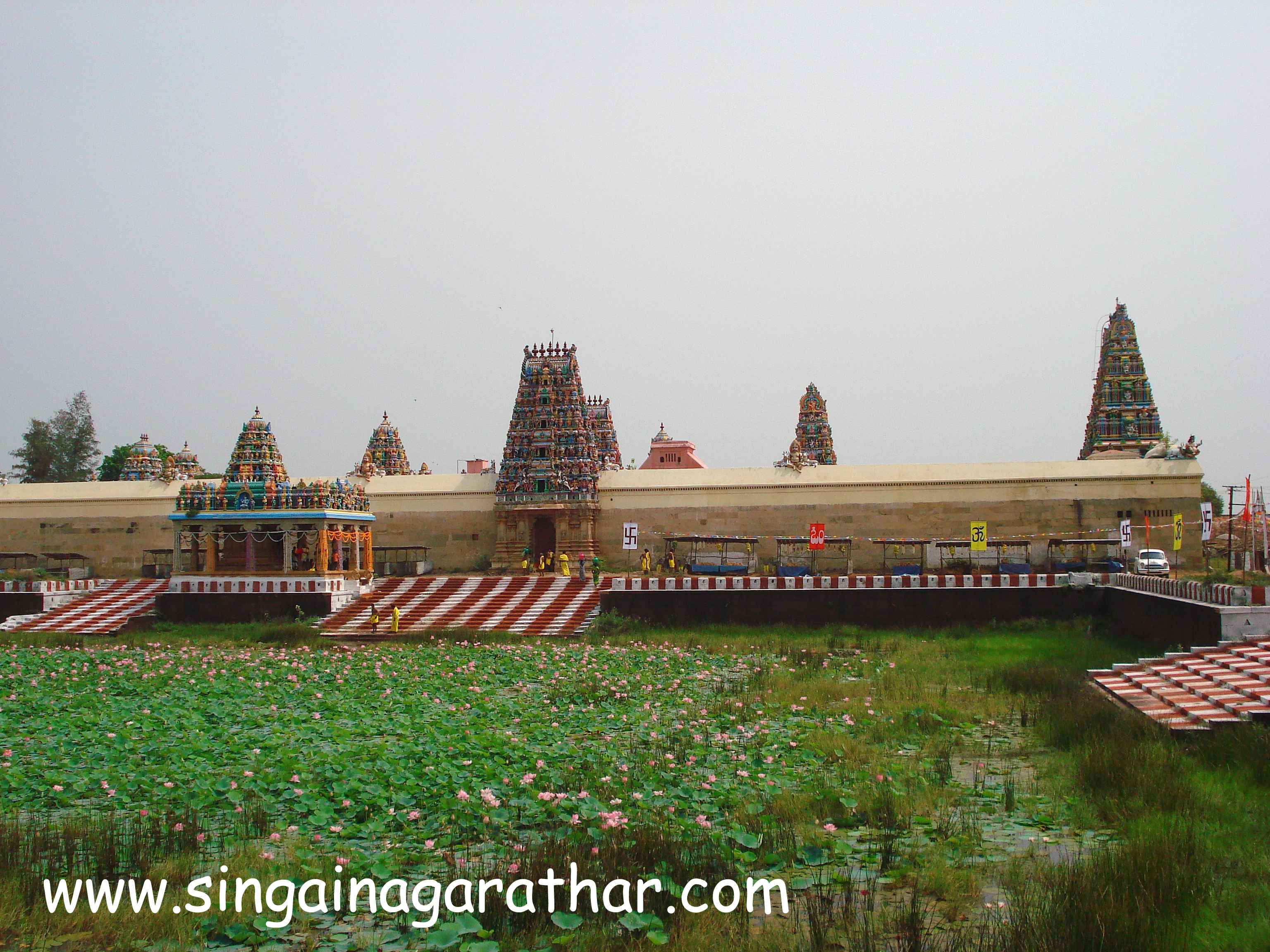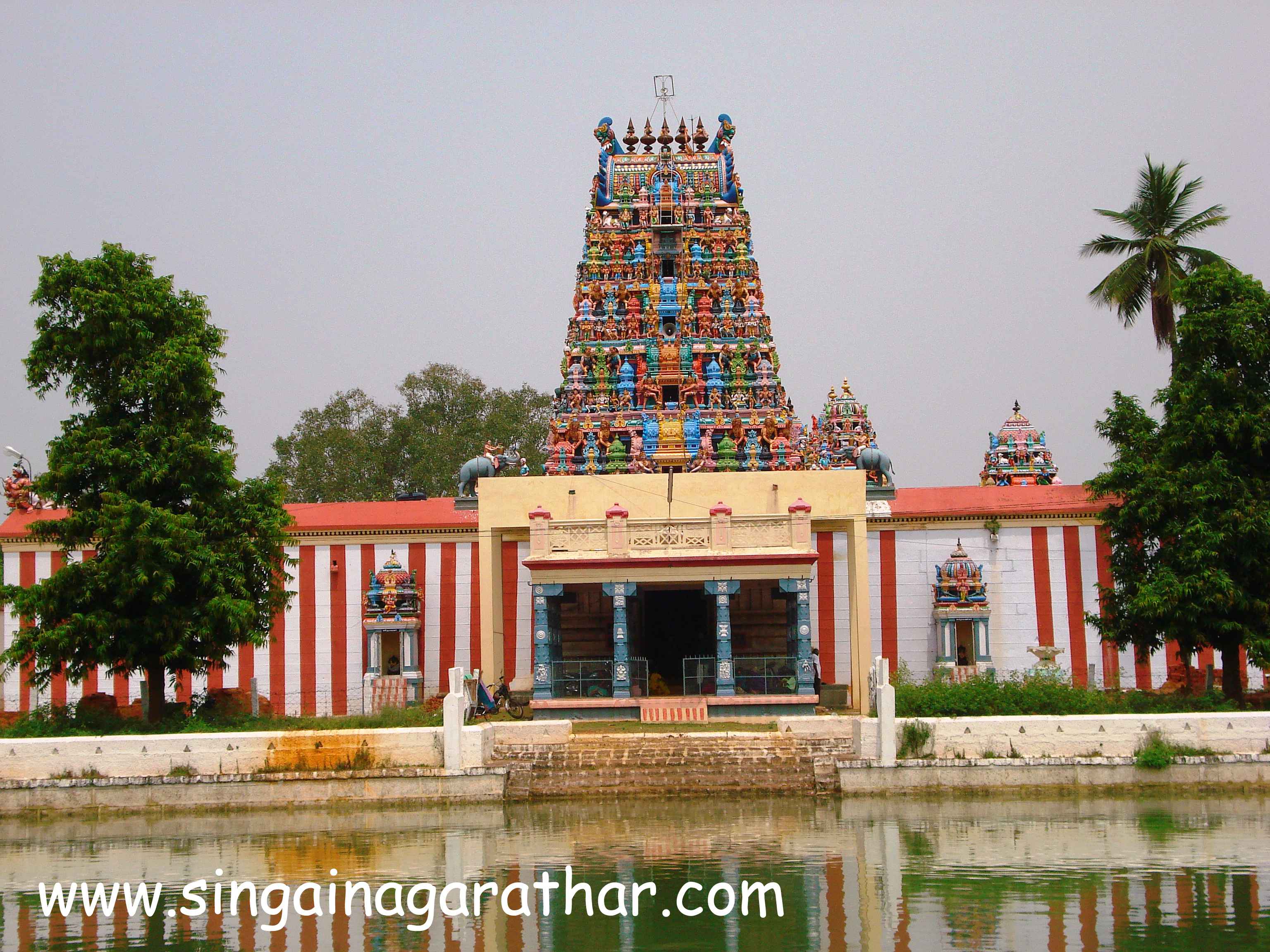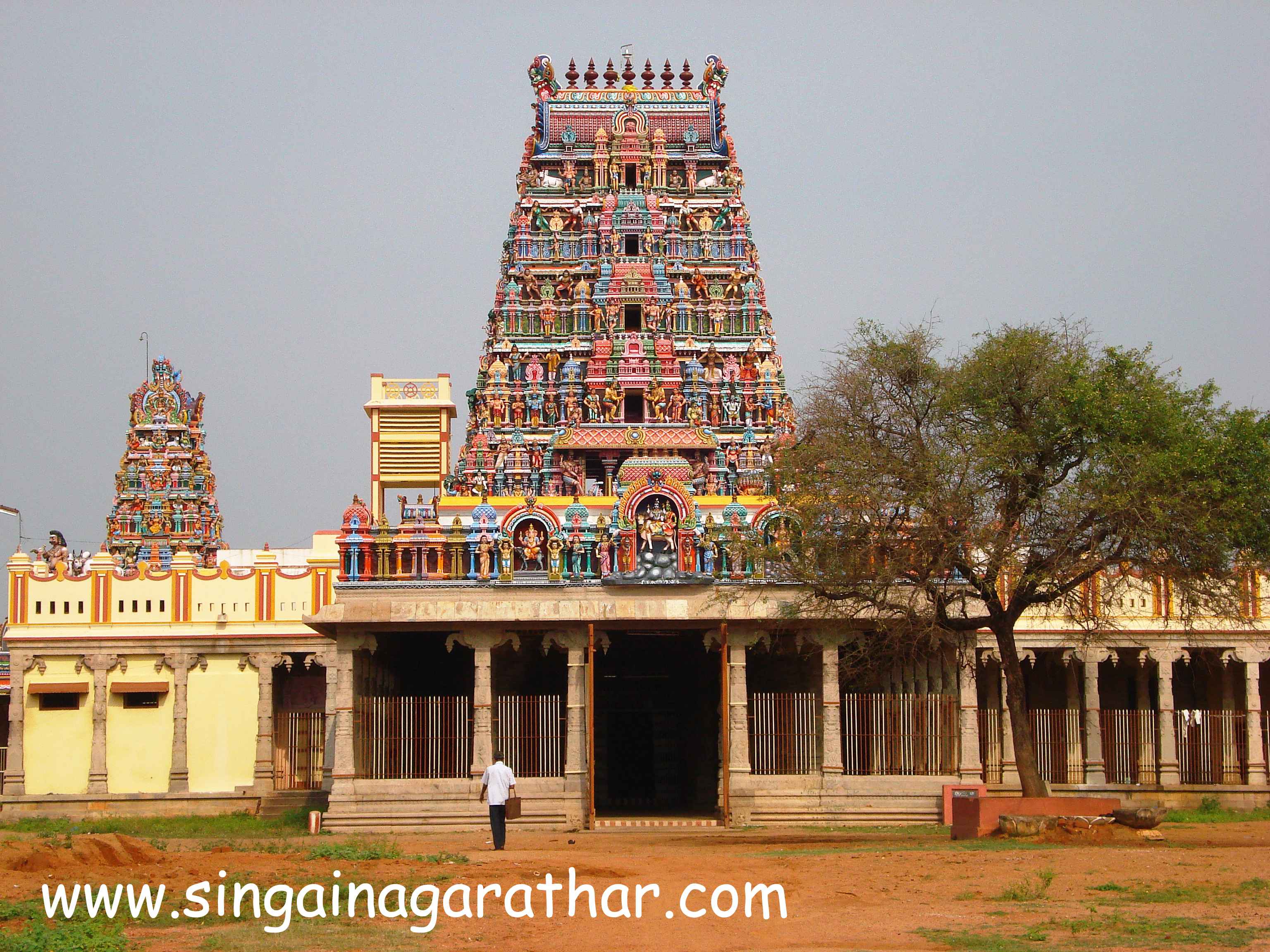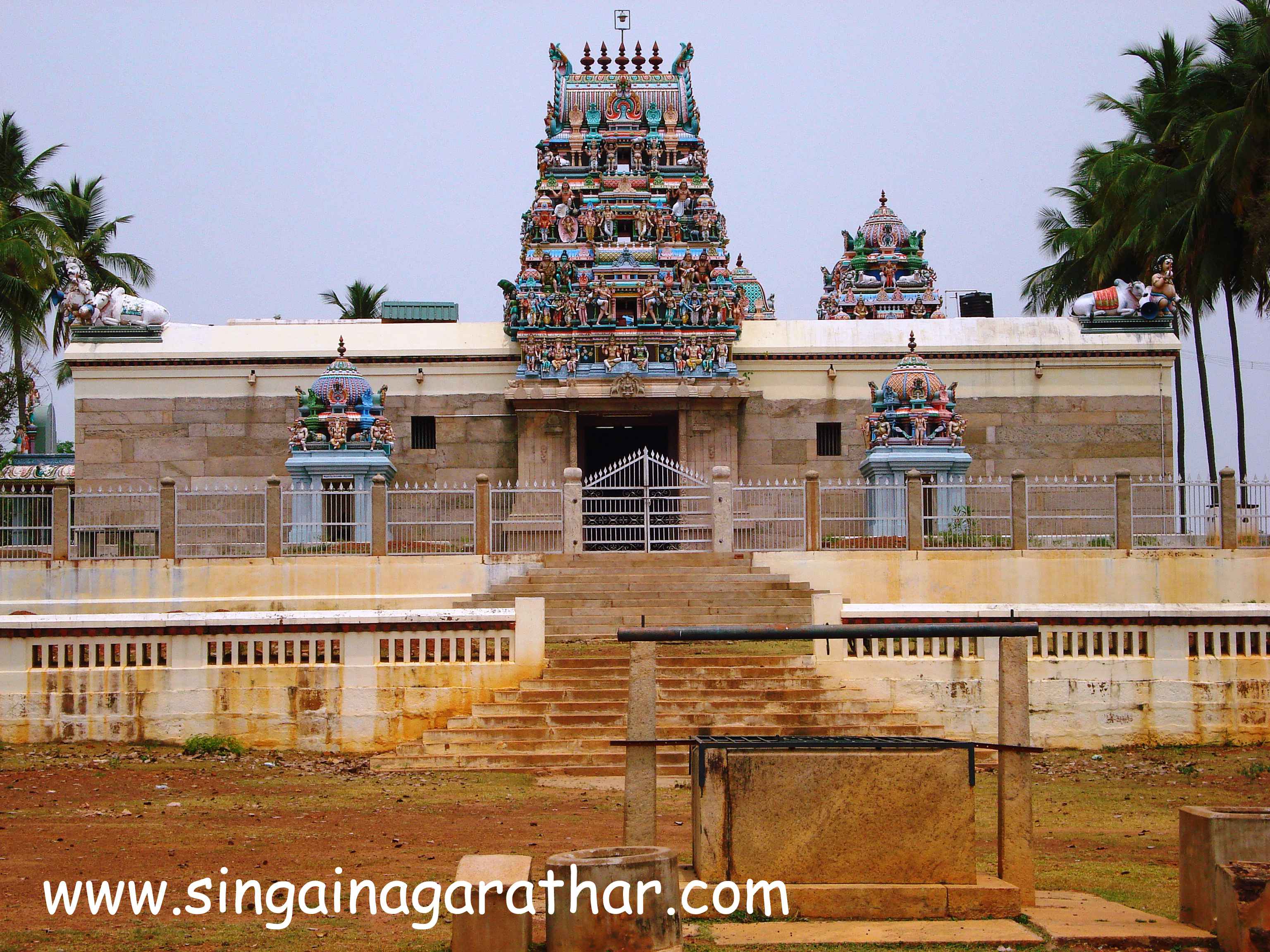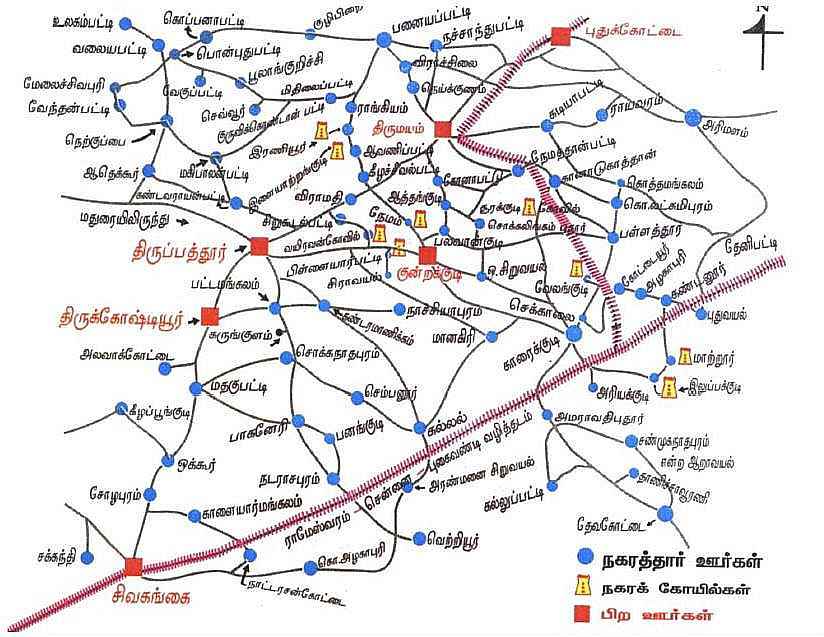Nagarathar culture
HISTORY OF NAGARATHARS
Nattukottai Chettiars also called Nattukottai Nagarathars, are believed to have migrated to Kanchipuram during Kaliyuga era, year 204 and lived there for 2,108 years. Again no written record is available for this. They are said to have moved to Kaviripoom Pattinam, a coastal city and port also known as Poombugar, Capital of Chola Nadu, in Kaliyuga era, year 2312. They lived in Kaviripoom Pattinam for 1463 years until Kaliyuga era, year 3775.They were then known as Nattukottayars. Silapathigaram and Periyapuranam describe Kaviripoom Pattinam and bear testimony to the greatness of Nattukottayar community there. They are said to have traveled from Kaviripoom Pattinam to Melaka during Chola Dynasty as traders in Gem, Pearls, Silk and Spices. But available records indicate they traveled to Kandy, Colombo in 1805, Penang, Singapore 1824, Moulmein 1852, Rangoon 1854, Mandalay 1885 and later to Medan – Indonesia, Hochimin City (Saigon) Vietnam, Pnompen Cambodia, Vientiane Los, Southern Thailand, various States in Peninsular Malaysia, established money lending business and subsequently some of them settled there.
It has been said that available records at Patharakudi madam, Thulavoor madam indicate the arrival of Nattukottayrs in Pandiya Nadu during Kaliyuga era, year 3808. They first settled in Ilayathankudi and were called Nagarathar as they had attained Thanavanigar status while at Poombugar.
Nattukottayar are said to have lived in splendour at Kaviripoom Pattinam. While the King lived in the City in his castle (kottai), Nattukottayar lived in their countryside mansions (Kottai). Hence, ‘nattupurathil kottai katti valnthathal’ they were then called ‘Nattukottayar’. ‘Thanavanigar’ status attributes to their mercantile activities in Poombugar.
Their principal obligation to the Royal family was to Crown the King during Coronation ceremony. King Poovandi Cholan’s misdeed caused 8,000 Thanavanigar families inclusive of women and all female children to perish in suicide to save their Honour, Reputation and Dignity. Only male children at Kurugulam (Community Boarding School) out of Town survived. After nine years (Kaliyuga era, year 3784) King Poovandi Cholan requested young Thanavanigars to crown his son Erajapooshna Cholan. They consented and to comply with tradition that only married person could perform crowning ceremony young Thanavanigars married ‘Vellalar’ community women.
King Sounthara Pandiyan of Madurai Nagar wishing for good immigrants to dwell in his Kingdom, requested King Erajapooshana Cholan and in Kaliyuga era, year 3808, Thanvanigars migrated to Pandiya Nadu. They first settled in Ilayathankudi and were called ‘Nagarathars’. Ilayathankudiar retained Ilayathankudi Kovil. To the others, King Sounthara Pandiayan granted Mathoor Kovil, Vairavan Patti Kovil in Kaliyuga era, year 3813. Irraniyur Kovil, Pillayar Patti Kovil, Illuppakkudi Kovil in Kaliyuga era, year 3815. Soorakkudi Kovil and Velangudi Kovil in Kaliyuga era, year 3819.
Note: Many Scholars opine; Thanvanigars migrated to Pandiya Nadu at the invitation of King Sounthara Pandiyan. Others say, the male children at ‘Kurugulam’ fled under the guidance of the Guru and sought refuge in Pandiya Nadu.
Salvage operations going on at Poombugar site has unearthed some ancient Temples buried in the sea. Tamilnadu State Government announced their plan to excavate stone carvings at ancient Temple sites. We hope these would produce some source of information on early Nagarathar community in Poombugar.
Temple inscriptions carved in stone, copper plates and ‘Olai Chuvadi’ (palm-leaf manuscripts) available in Madalayams and Libraries bear testimony to the aforesaid grants from King Sounthara Pandiyan. Subsequent British Administration is said to have authenticated referred grants and issued Document of Tile to the various Temples. (I have during my younger days seen the Title Deed signed by the then Governor of Madras Presidency, in respect of the 12 odd acres of land granted to Soorakkudi Kovil).
Historians belive, when Thanavanigars arrived at Chola Nadu, King Manuneethi Cholan honoured them by granting ‘Singak kodi’ (Flag with Lion emblem/logotype) and decreed that they would be the Prinicpal Vaisigar and Maguda Vaisigar. He permitted them to inhabit in three streets at Kaviripoompattinam, excepting the North Street wherein other merchant community had already taken residence.
Thanavanigar male children, 600 from West street, 400 from South street, 502 from East street, totaling 1,502 are believed to have left Kaviripoom Pattinam on the guidance of their guru. Upon arrival at Pandiya Nadu all of them settled at Ilayathankudi. When they attained marriageable age, they took Bride from ‘Arumbuhuthi Velalar’ community of ‘Pandukudi’ and ‘Thiruvetriyur’ origin. Their ‘Thirumangalyam’ was worn with, what was then known as ‘Arumbuk Kaluthooru’, is beign called the same to this day.
Between 1300 and 1500 A. D. Mohamedan raid, conflicts between smaller principality, escalating civil disorder, robbery by Palayakkarars (Zamindars), burglary, in Pandiya Nadu caused the Nattukottai Nagarathars to burry their valuables including that of their Temples, Ahyembon Idols, Jewellery, ornaments, silver, copper, brass ware etc and moved out off the nine Temple area and settled in 96 adjoining villages. Thus, they were then called ‘Thonnutraru-oorar’. They dwelled in the 96 villages along with other communities.These villages were then classified into seven Vattahais or Pirivus (sub regions), called to this day,
Pathinettur
Melappattur
Mela Vattahai
Kila Vattahai
Terku Vattahai
Kilappattur
Nindakarai Pirivu
As of March 1953, they were reported to have domiciled around 80 + villages. In 1994 it was only 75 villages. Either they had moved out off their earlier place of domicile and migrated to other towns and cities or its entire residents abandoned the whole village itself and moved out.
Nattukottai Nagarathars, who had moved into Nattarasankottai, have built their Nagaram on the same concept as our earlier settlement at Kaviripoom Pattinam.
We find all the Kovils, Kulam, within a large square in the center of Nattarasankottai Nagar and Nagarathar dwellings around the square.
Ilayathankudi Kovil comprises of seven groups namely,
Okkurudayar
Arumboorkilarana
Pattana samiyar
Perumaruthoorudayar
Kalanivasarkudiyar
Kinginikoorudayar
Perasenthoorudayar
Siru setroorudayar
These seven groups, their two elder and younger brothers known as Thiruvetphoorudayar had lived together at Ilayathankudi. Some years later, elder brothers moved to Irraniyur Kovil and the younger to Pillayarpatti Kovil.
Ilayathankudi Kovil Devasthanam had in the past established a maternity hospital cum infant care center and Elementary school. These were later handed over to Government. They have also provided piped water, lighting in the streets, set up botanical garden, Guesthouse and Post Office at Ilayathankudi.
Sithar worshipped at Mathoor Kovil.His incantation of Aimbon, resulted in ainooru (five hundred) variations of the alloy. Hence, Mathoor Kovil samy is known by the name Ainootreesar.
Vairavanpatti Kovil Nagarathar comprise of three pirivus namely, Peria vahuppu, Theivanayagar vahuppu
Pillayar vahuppu with two sub pirivus,
Kalanivasa ludayar and Maruthentirapura mudayar.
All three are brothers. A Vinayagar, within the Kovil Valagham (compound) is the principal deity for Nagarathars in Pillayar vahuppu. The statue of Theivanayagar at Samy sannathi, is the ancestor of Nagarathars in Theivanayagar vahuppu. Some authors believe, Nagarathars in Periya vahuppu may have derived their Pirivu name by order of descent and being greater in number of Pullis.
A 1926 archeology report No 3 mentions the discovery of stone carving dated; Rowthri varudam, Thai matham, Irandam thethi (1501 A.D) at Irraniyur Kovil. Inscription therein bear testimony to the granting of the site, south of Pathrakaliyamman Kovil, to a person known as Kalvasa nattil, Ilayathankudiyan Kulasegrpurathil Thiruvetpoorudayan. Residents of Irraniyur had freely given the site, as Thevi’s thanam to consecrate Amman deity. Subsequently, the ancient temple on the site was dismantled and Nagarathars built Irraniyur Kovil. Stone carvings around the four walls of Karpagraham at Irraniyur Kovil describe many honourable and charitable deeds of the highest order dating back to about 650 years.
Chola King, Seyangonda Solan, consecrated Nemam Kovil. Hence, Nemam Kovil Samy is known by the name Seyangonda Solaysar. Soorkkudi Kovil Nagarathar are said to have found nine Idols made of Ahimbon that was buried deep, at the site of the present Temple, before it was built and first known Kumbabishegam held in 1898. It is believed, to avoid burglary by Theevetti kollai karan, probably Mohamedan invaders and Palayakkarars, (Zamindars) their ancestors may have buried these Idols.
About thirty different communities in Tamilnadu have been identified to being called as “Chettiarsâ€. We, the “Nattukkottai Nagarathar†otherwise commonly known, as “Nattukkottai Chettiar†community is one among them. The word “Chetti†affixed to our names in all documents in the past is still being followed to a lesser extent. Our ‘Isaikudimanam’ (marriage deed), ‘Pana Thiruppu’ (cash compliment at weddings), ‘Pulli panam’ at ‘Padappu’, ‘Thiruvathirai’, ‘Puthumai’, ‘Karthigai Soopidi’, weddings, ‘Pulli vari’ (religious tithes – to respective nine Nagara Kovils, native village/town Kovils administered by Nattukkotai Nagarathars, ‘Pulli’ register at Kovils, ‘Jathaham’ (horoscope), ‘Undiyal’ or ‘Hundi’ (Bill of exchange, promissory note) all bear the word “Chetti†affixed to our names. Some ‘Jathaham’ these days are found to have “Chettiar†affixed to the name of the father.


